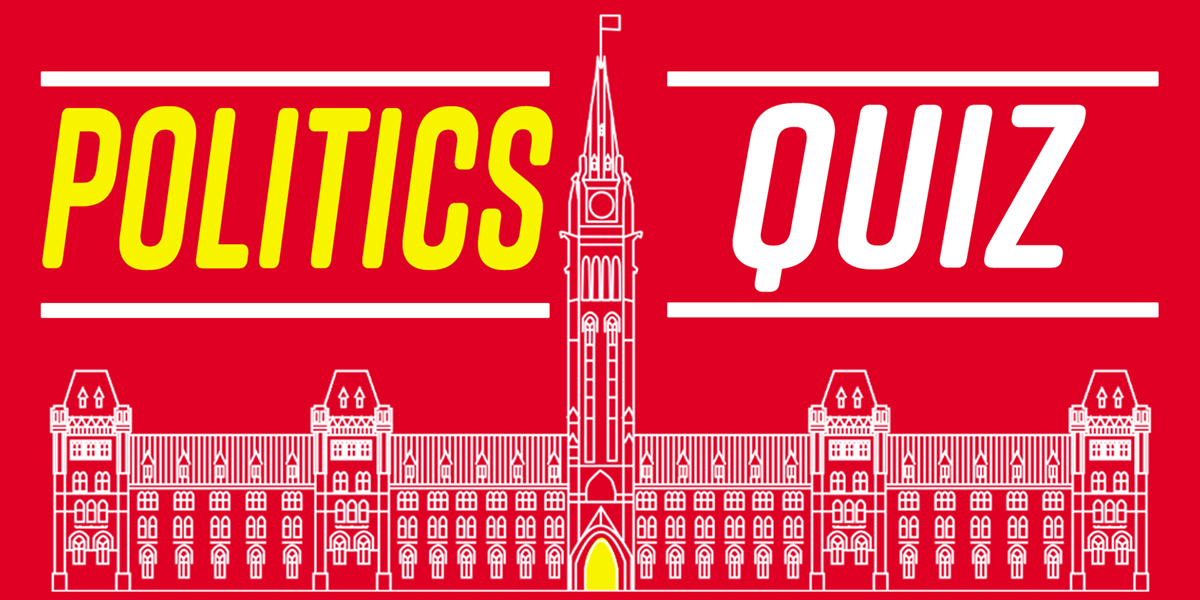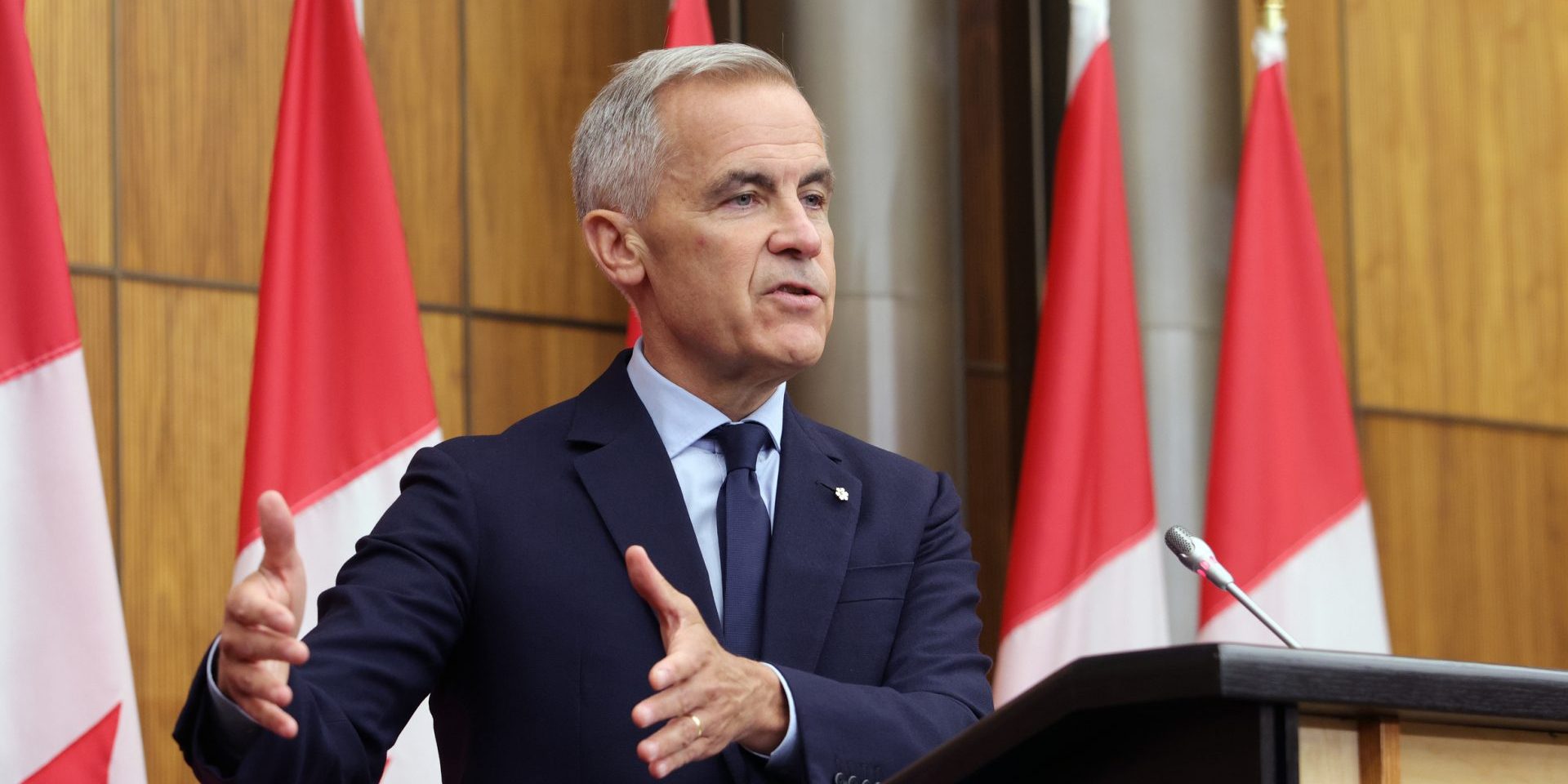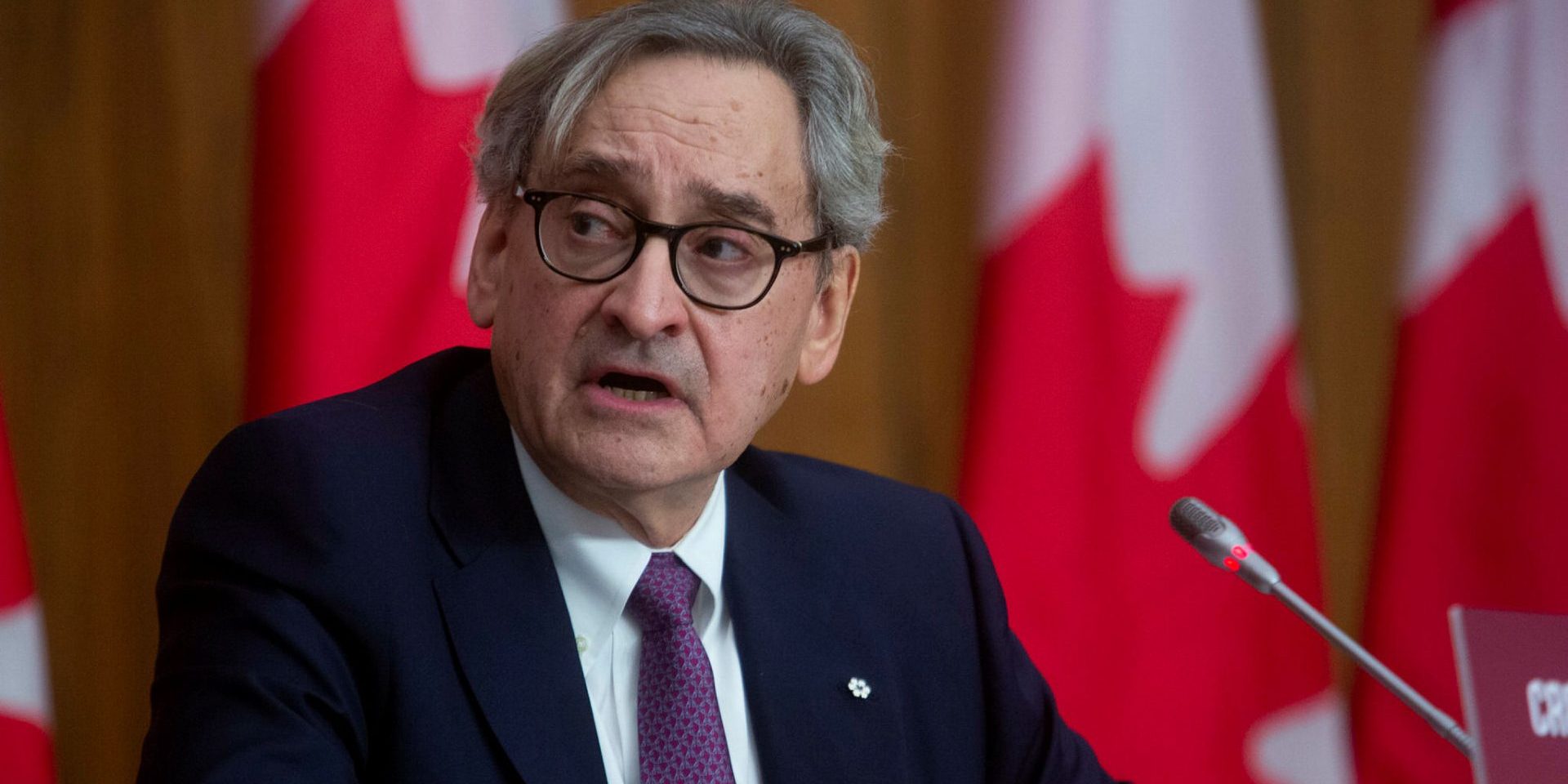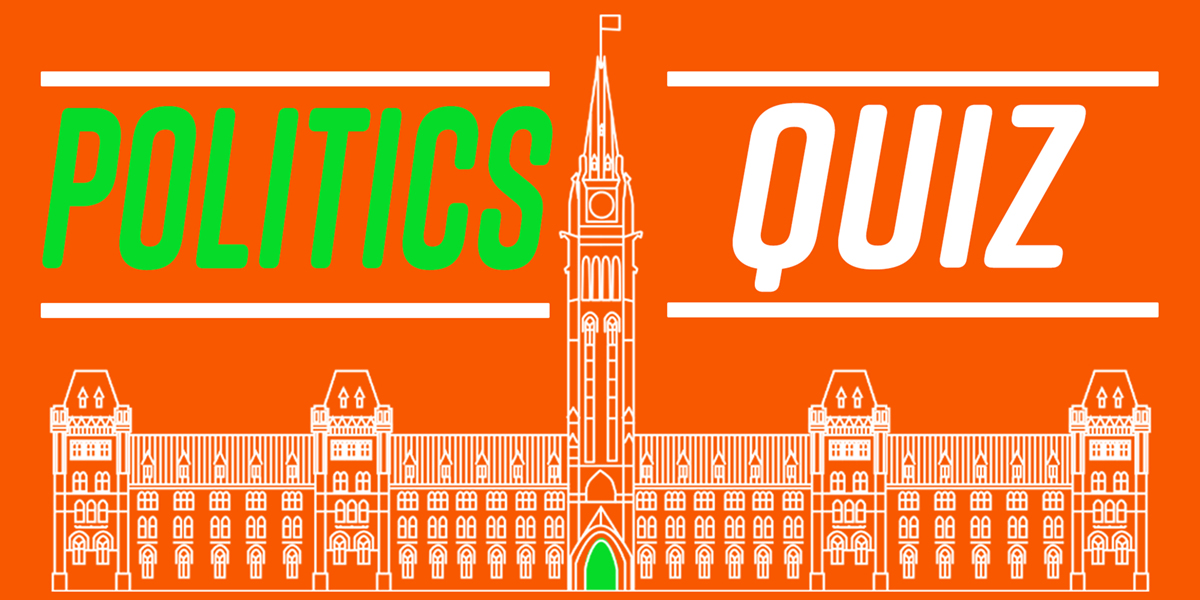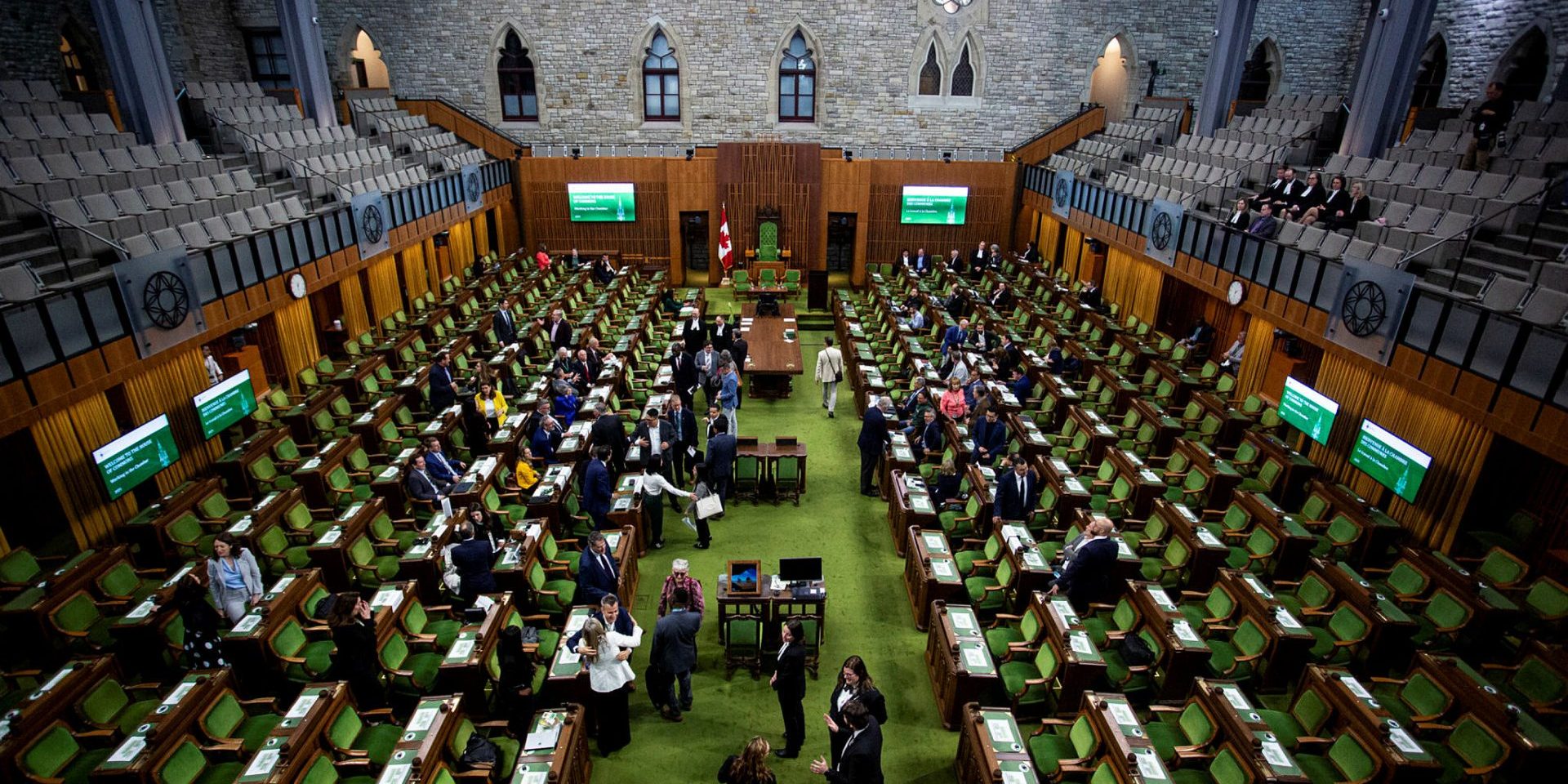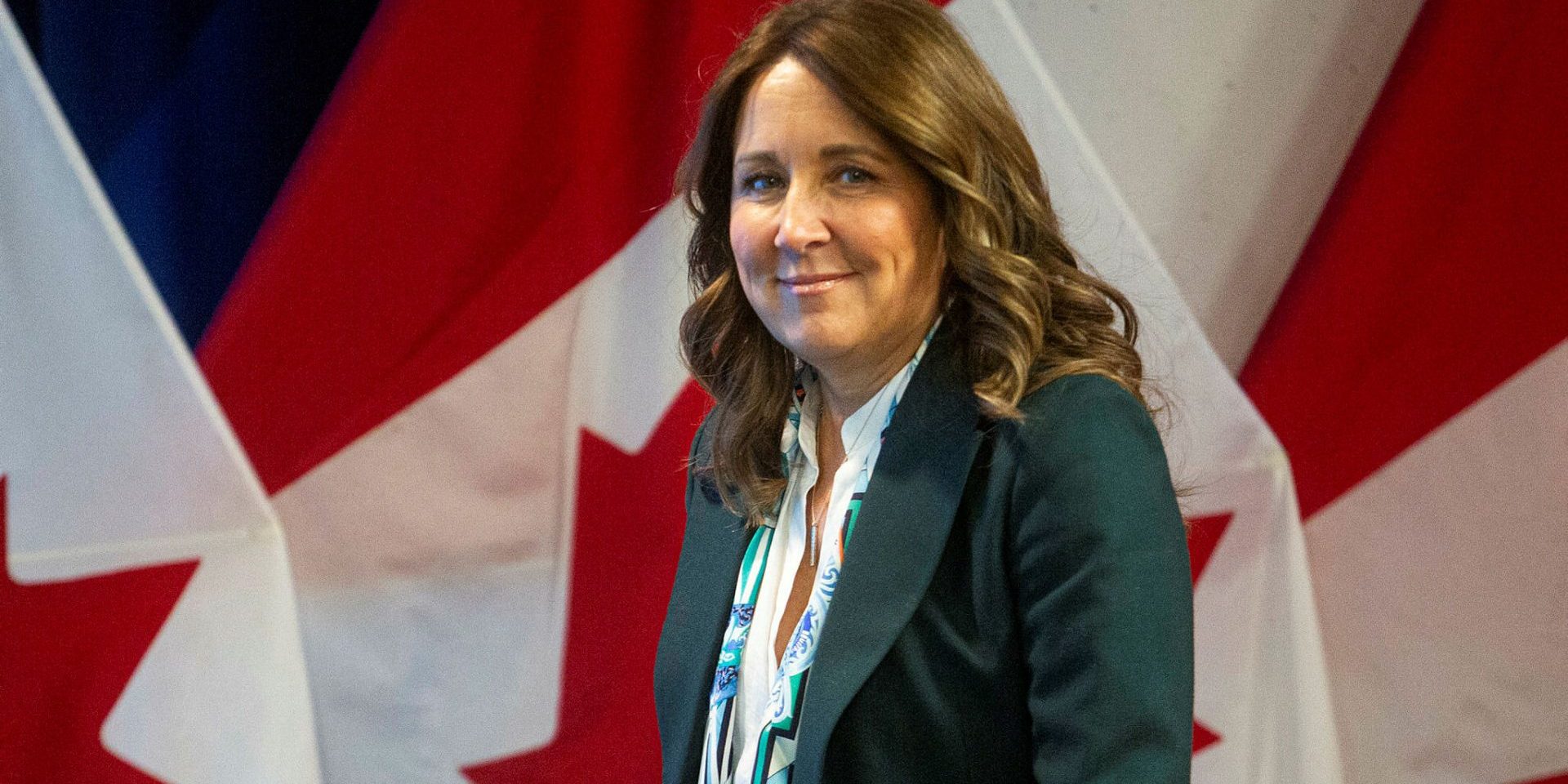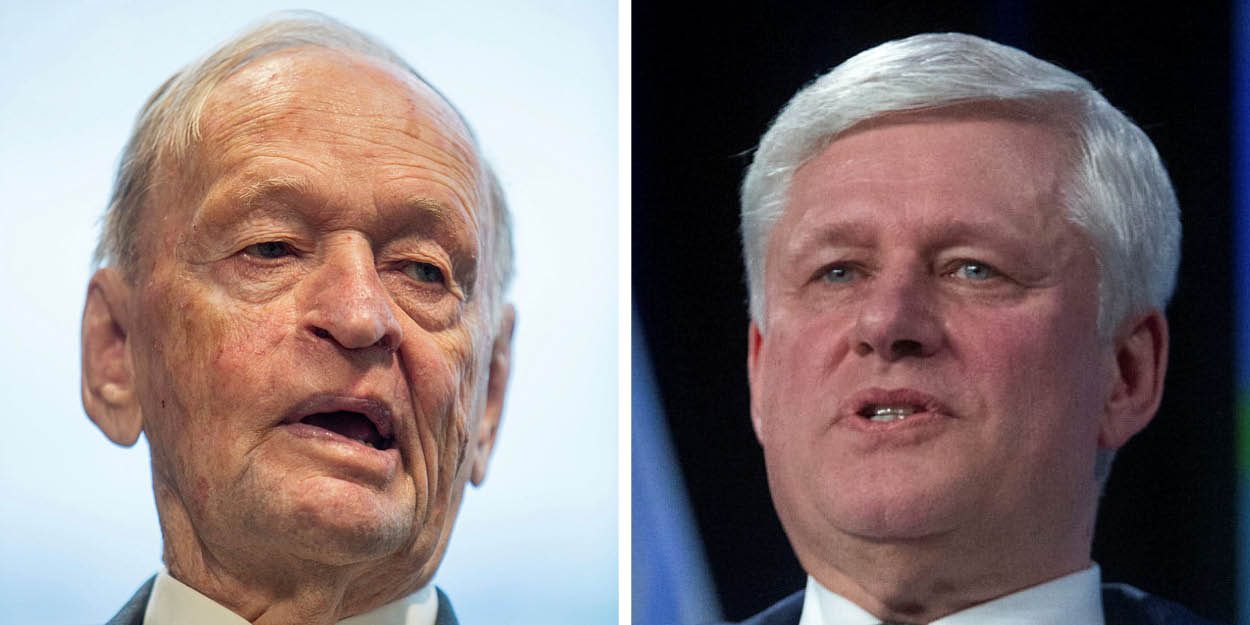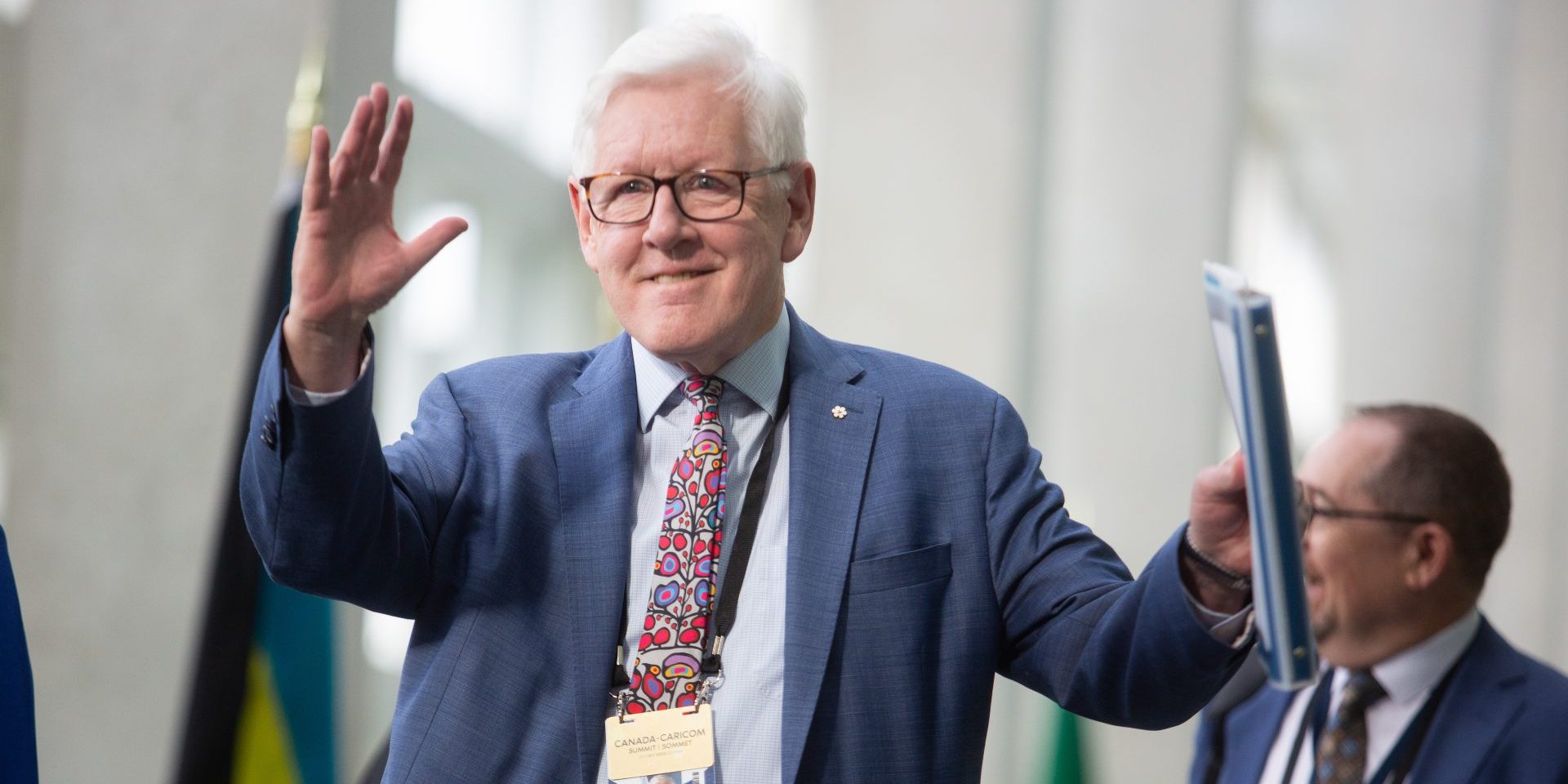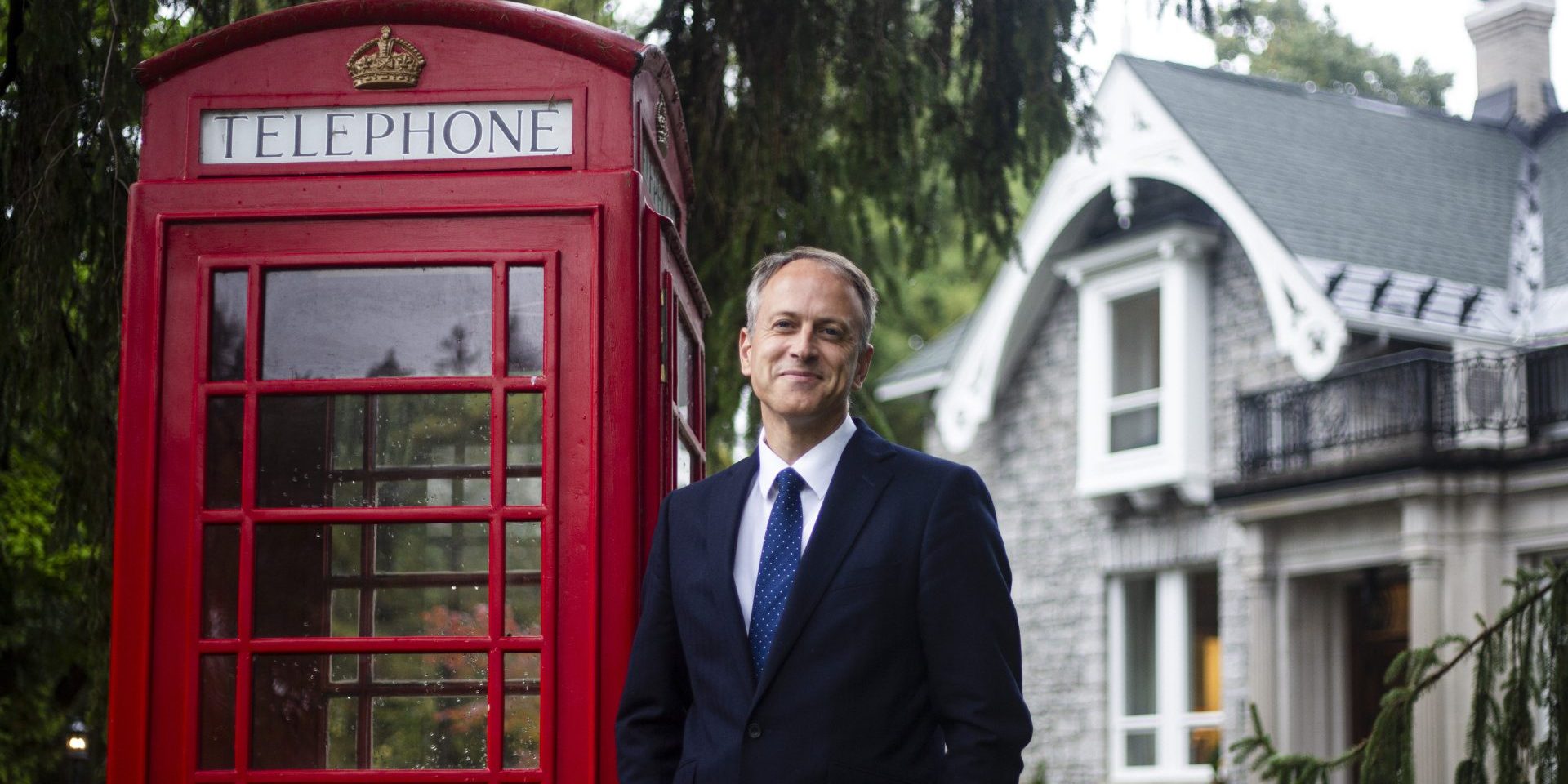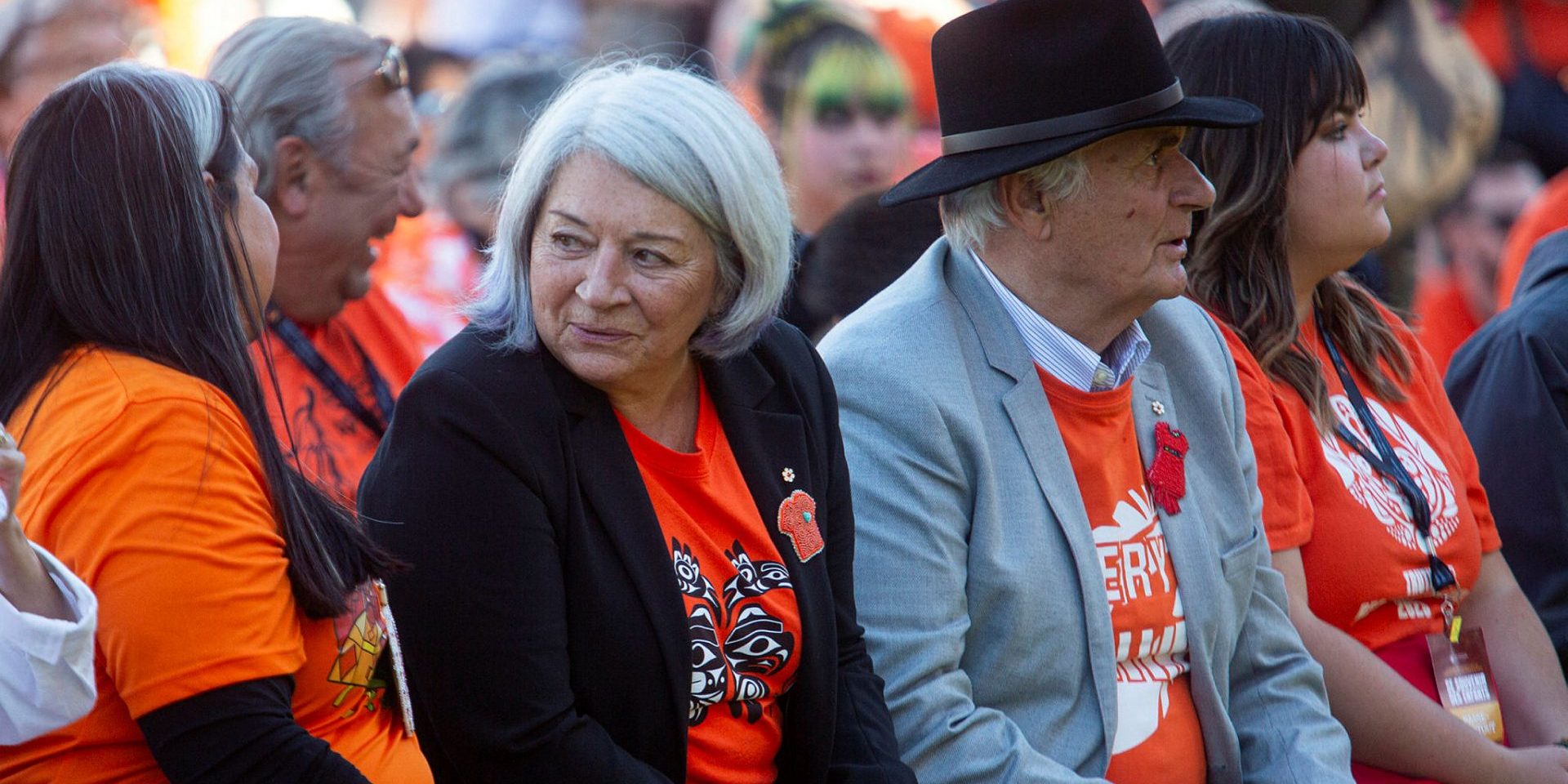Ukraine has the spotlight, but U.S. still dominates for the top 50 influencing Canada’s foreign policy
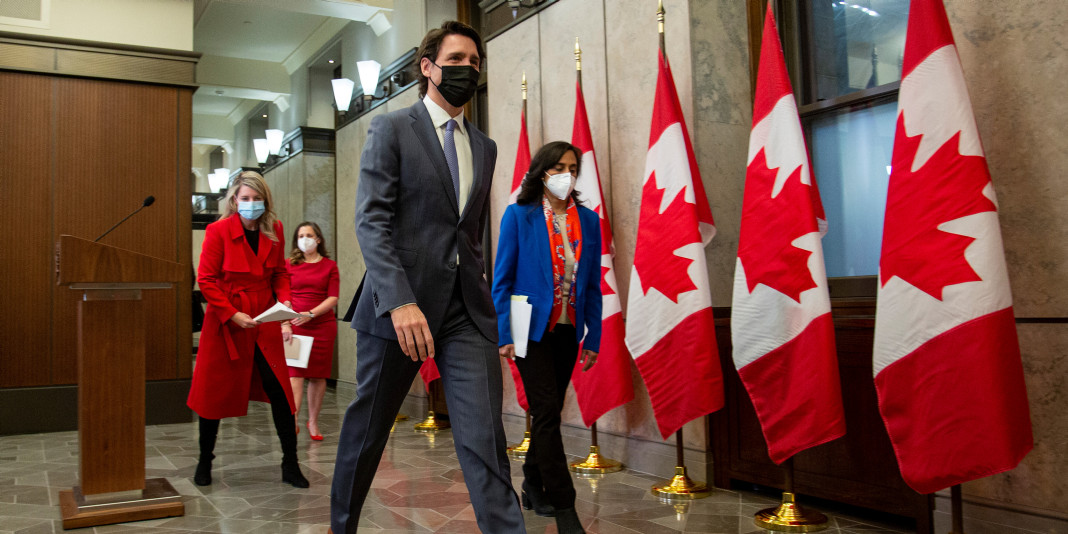
Russia’s renewed aggression in Ukraine has pushed Canadian foreign policy back in focus—forcing a response from those who have some influence over its creation.
At the centre of the response to the crisis is Deputy Prime Minister Chrystia Freeland, who one former diplomat said is showing “real leadership and real dynamism that is often lacking in Canadian foreign policy.”
Though Ukraine dominates the airwaves, the relationship with the U.S. remains a constant preoccupation for those influencing foreign policy.
Dominating the list are those who work out of the Prime Minister’s Office and Privy Council Office on Wellington Street. The influence of Canada’s new foreign affairs minister is still an open question, as her new team navigates Russia’s aggression, a protectionist America, and a truculent China.
The Hill Times developed this year’s list from 17 interviews with insiders, policy analysts, former government officials, former diplomats, and academics, including multiple sources currently in government. The majority of those interviewed spoke on background to allow for frankness, as most work closely with government.
Creating the Top 50 list isn’t an exact science. Those who appear have made the list because of their proximity to power, their foreign policy credentials, or the power of their institutional roles. In short, their ability to affect Canada’s foreign policy trajectory.
Many highly qualified foreign policy operators and observers didn’t make this year’s list. They include some former diplomats like Louise Blais, who played an important role arranging meetings with U.S. Senators when International Trade Minister Mary Ng visited Washington, as well as Jonathan Fried, who was brought back to Global Affairs to work on the Indo-Pacific Strategy. Academics such as Bessma Momani and Roland Paris still hold influence in Canadian foreign policy circles, but they just missed the cut. Others that received praise were Independent Senator Ratna Omidvar for her work forwarding a bill to seize frozen assets, and Bloc Québécois MP Alexis Brunelle-Duceppe for his ongoing efforts to highlight China’s persecution of Uyghurs.
The list is presented by category in no specific order.
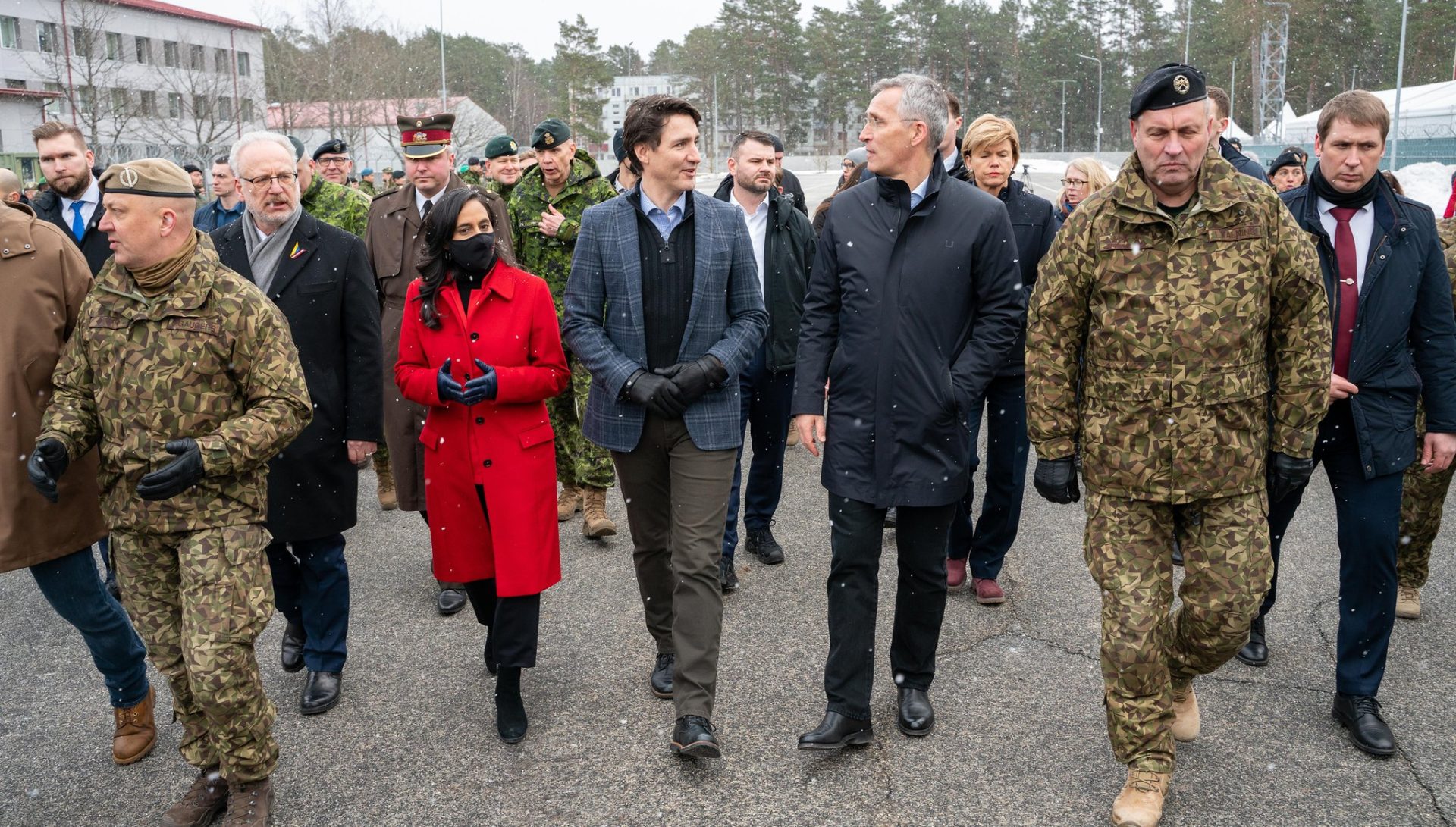
Back on the world stage: Latvian President Egils Levits, left, Defence Minister Anita Anand, Prime Minister Justin Trudeau, and NATO Secretary General Jens Stoltenberg visit the Adazi Military Base in Latvia where Canadian soldiers deployed to Operation Reassurance are stationed on March 8. Flickr photograph courtesy of NATO
Politicians
Justin Trudeau, prime minister
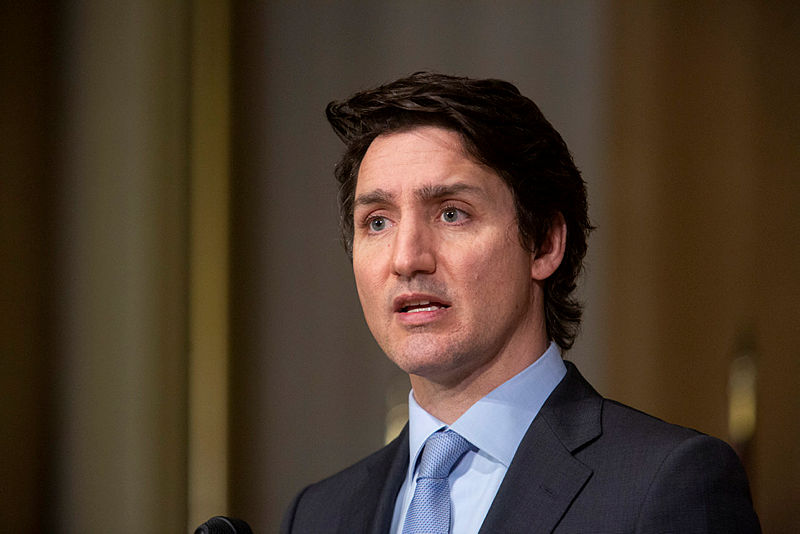
Justin Trudeau. The Hill Times photograph by Andrew Meade
After two years almost exclusively spent inside his own borders, a renewed Russian invasion of Ukraine has pulled Canada’s chief decision-maker back on to the world stage. Although the celebrity PM has lost some of his glitz, he has returned to the international arena globetrotting around Europe meeting with a number of world leaders to co-ordinate their response to Moscow’s aggression. With the illiberal threats from Russia and an increasingly aggressive China, Trudeau’s reluctance to play an oversized role in foreign policy may be tested.
The most seasoned G7 leader following the departure of past German chancellor Angela Merkel, it has yet to be seen if his deanship will bring increased global leadership. His influence is ultimately seen in his position. It is his job to pick the cabinet and staff that carry out his vision. As for those picks, one former government official says currently, the “hawks are in fashion.”
Chrystia Freeland, deputy prime minister and finance minister
Chief among the hawks is Canada’s second-in-command, who is playing a consequential role in Canada’s response to Russia’s invasion of Ukraine.
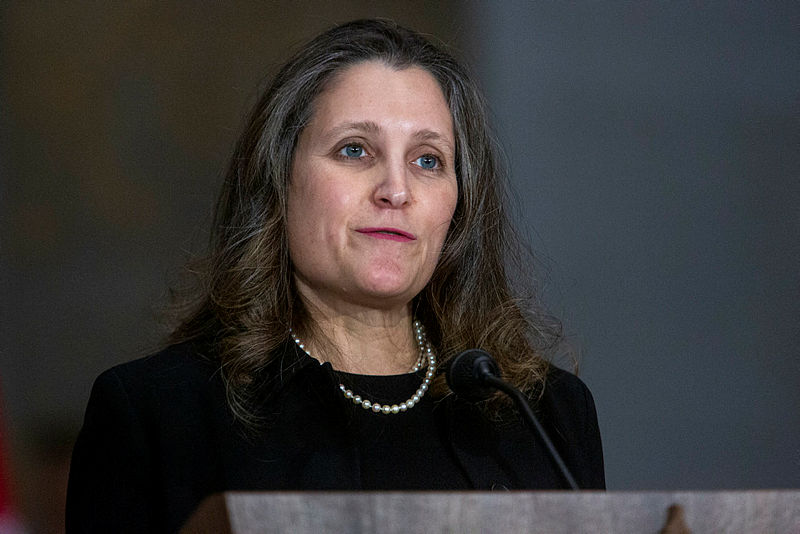
Chrystia Freeland. The Hill Times photograph by Andrew Meade
“Like it or not,” the former official said, “Minister Freeland has been pretty consistent on the issue of Ukraine and I think that’s taking up a lot of air time.” Another source called her “almost Pearsonian” as she deals with Russia’s aggression. Freeland first got the attention of Moscow during her time as a university exchange student. The KGB opened a file on her while she was in Ukraine in the 1980s, giving her the nickname “Frida.” That attention grew as she covered post-Soviet Russia as a journalist. Later she was sanctioned as a backbench opposition MP in 2014, which barred the potential next leader of the Liberal Party from travelling to Russia. Canadian International Council president Ben Rowswell said Freeland’s response to Russia—imposing severe sanctions and financial penalties on Moscow—shows her “real leadership and real dynamism that is often lacking in Canadian foreign policy” and is “stealing” a little of the “thunder” from Trudeau and Foreign Minister Mélanie Joly.
Another former government official said that Freeland plays the role of an elder stateswoman within cabinet. “She has experience that can scarcely be matched by anyone,” the source said, noting that she brings experience from her past career as a journalist as well as from taking on past U.S. president Donald Trump as a foreign affairs minister. Cabinet ministers continue to consult her on international issues because of that knowledge, the former official said, as well as being an active voice in cabinet discussions.
Mélanie Joly, foreign affairs minister
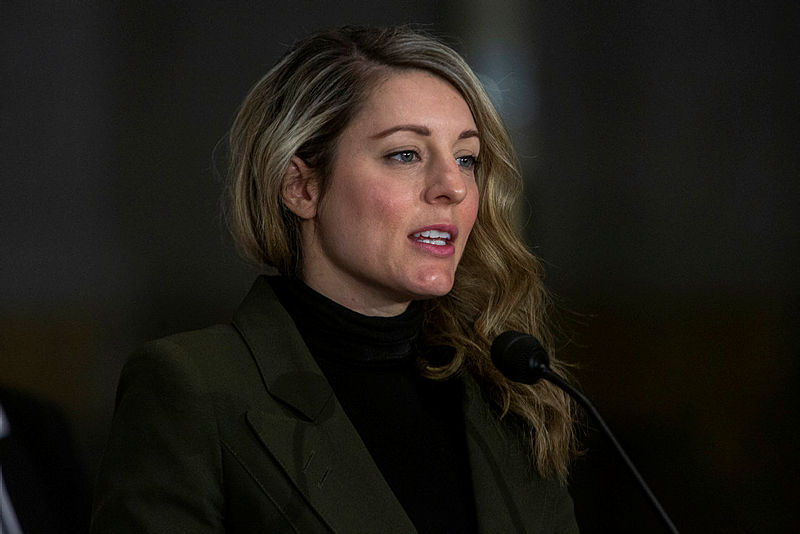
Mélanie Joly. The Hill Times photograph by Andrew Meade
Tasked with being the fifth foreign affairs minister since the Liberals took power less than seven years ago, Joly’s selection as Canada’s top diplomat last October surprised many, but for now she has been exceeding expectations. Rowswell said Joly has brought “energy” to the role, especially compared to predecessors. “She came strong out of the gates,” he said. When Joly was appointed to the role, she said Canada’s foreign policy would be guided by a “mix of humility and audacity.” Rowswell said she has raised expectations for the post, but noted that it is too early to say if she has met those raised expectations. “She is certainly bringing ambition,” he said, “and ambition is something that has been lacking in the Trudeau’s government’s foreign policy.”
After five months in her role, Joly hasn’t carved out a specific policy area to make her own, like François-Philippe Champagne did with his work on arbitrary detention and Freeland cemented as the Donald Trump foreign minister. One academic said putting Joly, with no foreign policy experience, in the post was a sign that Canada doesn’t take international affairs seriously, but the scholar noted that she has exceeded the very low expectations. While her performance hasn’t been “stellar,” it also hasn’t been a “disaster,” the academic said, noting she is a better communicator than she has been in past cabinet roles and has been active on the Ukraine file.
At the onset, Joly made the Canada-U.S. relationship a priority and has developed a close relationship with U.S. Secretary of State Antony Blinken.
Anita Anand, defence minister
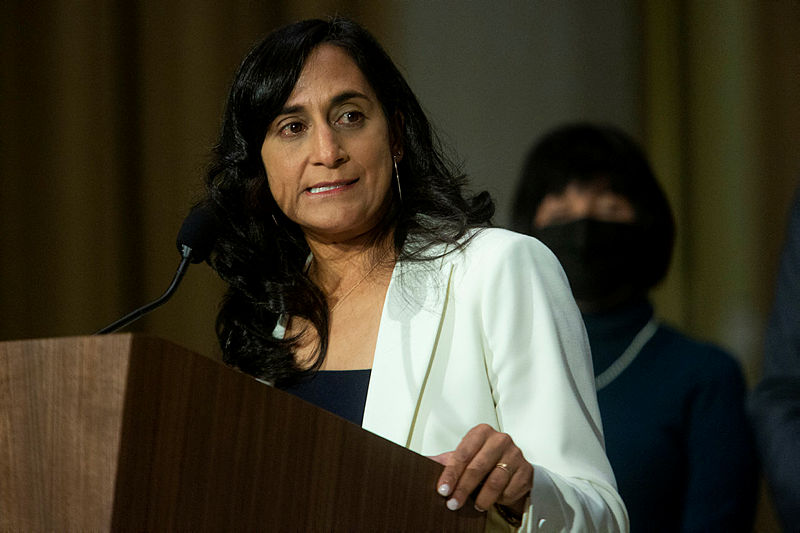
Anita Anand. The Hill Times photograph by Andrew Meade
Joining Freeland and Joly in what Joel-Denis Bellavance of La Presse has dubbed the “three women of steel,” Anand has brought stability to a post that was mired in scandal.
When she was appointed defence minister in October, Anand said addressing the sexual misconduct crisis in the Armed Forces would be her top priority. Added to her docket has been responding to Russia’s aggression, including expanding Canada’s NATO presence in Eastern Europe, and extending its mission in Latvia. She also visited Ukraine prior to the latest Russian offensive, afterwards announcing Canada would be providing lethal assistance on top of its non-lethal help for Kyiv. As Trudeau has said the government will reassess its defence spending with more calls to match the NATO commitment of two per cent of GDP for defence spending, Canada is dealing with critical procurements that will shape the military for years to come, including new warships and a new fighter jet fleet.
Mary Ng, international trade minister
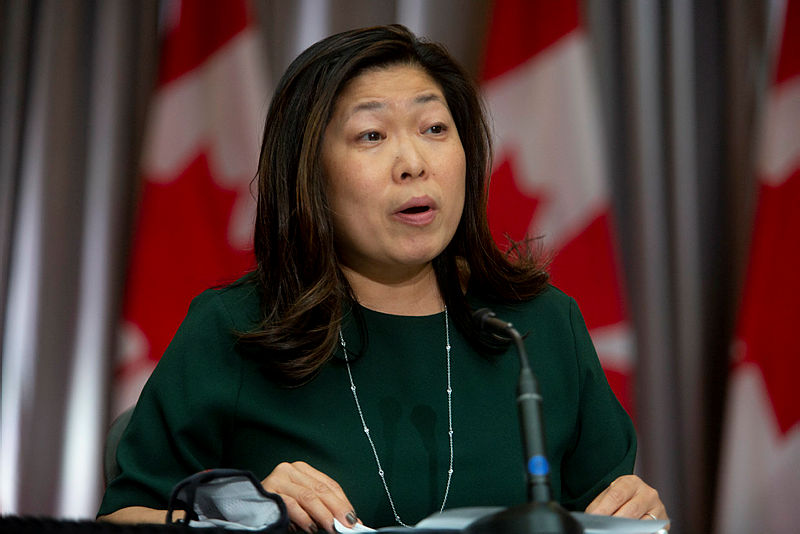
Mary Ng. The Hill Times photograph by Andrew Meade
Holding close ties with the PMO as a former staffer in the centre, Ng’s international portfolio is on the rise. She has a close relationship with both Trudeau and Freeland, according to a senior government official. With Canada set to begin a number of trade negotiations—including with Indonesia, the Association of Southeast Asian Nations (ASEAN), the United Kingdom, and taking another look at trade with India—Ng has a busy docket, not to mention the work she has on the domestic side of her portfolio as minister of small business and economic development. One former official said she is on the “ascendency” and now has more time to spend on international matters after the pandemic demands on small business aren’t as overwhelming. A senior government source said she is “very engaged” on the Indo-Pacific strategy, noting that almost all substantive parts of the strategy that have been made public involve trade, including the upcoming trade talks with ASEAN and Indonesia.
Having taken a larger role in the Canada-U.S. relationship, Ng has built a close relationship with U.S. Trade Representative Katherine Tai. Automotive Parts Manufacturers’ Association president Flavio Volpe, who was alongside Ng when she met with U.S. Senators about a potential electric vehicle tax credit, said she brings a “humble confidence” that is effective when trying to convince American lawmakers to see the value in Canada’s position opposed to increasing the rhetoric and banging on desks. She brings “the right tone at the right time,” he said.
Marco Mendicino, public safety minister
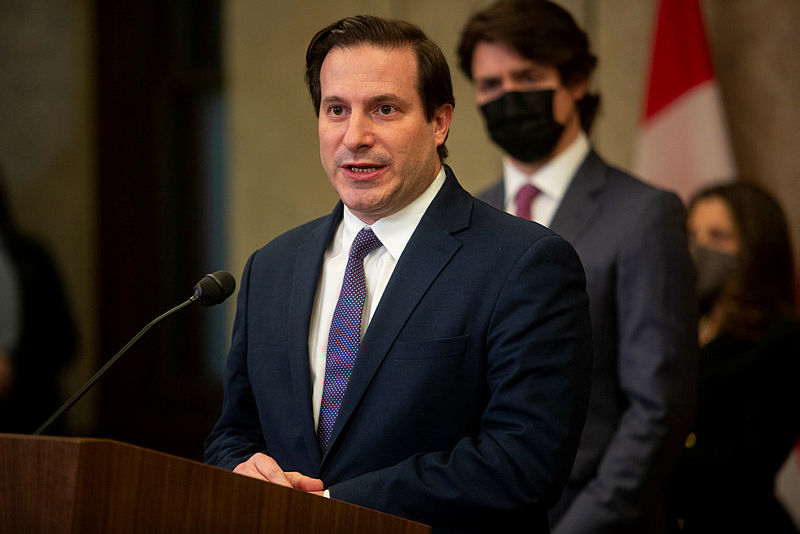
Marco Mendicino. The Hill Times photograph by Andrew Meade
While his reputation may have taken a hit for his handling of the trucker convoy, Mendicino has a critical role to play as the portfolio is increasingly internationalized, especially with CSIS and CBSA. Though still needing to build the connections the past public safety minister Bill Blair has in D.C., Mendicino was in close contact with Homeland Security Secretary Alejandro Mayorkas as the White House pushed for a resolution to the crisis. The former immigration minister has an important role overseeing Canada’s intelligence agencies as well as managing the Canada-U.S. border. He also sits on both global-focused cabinet committees.
François-Philippe Champagne, innovation, science, and industry minister
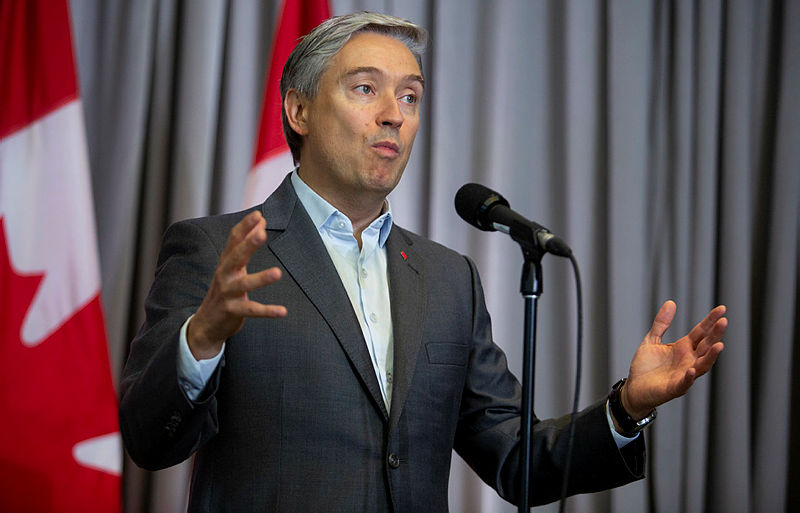
François-Philippe Champagne. The Hill Times photograph by Andrew Meade
A past foreign affairs minister and minister of international trade, Champagne remains active on the global file. While he was Canada’s top diplomat, he spearheaded what became the Declaration Against Arbitrary Detention in State-to-State Relations and he transitioned to become Canada’s chief salesperson as the innovation minister. Coming from an international background as a former lawyer in European multinational firms, the energetic minister has deep global connections and is able to link the global business community with Canada. A government official said that given how international the innovation post is, Champagne is involved in many discussions on global issues. He will be tasked with (still) deciding if Huawei will be banned from Canada’s 5G network.
Omar Alghabra, transport minister
Overseeing a cabinet role that is heavily international, Alghabra has extensive experience on global files.
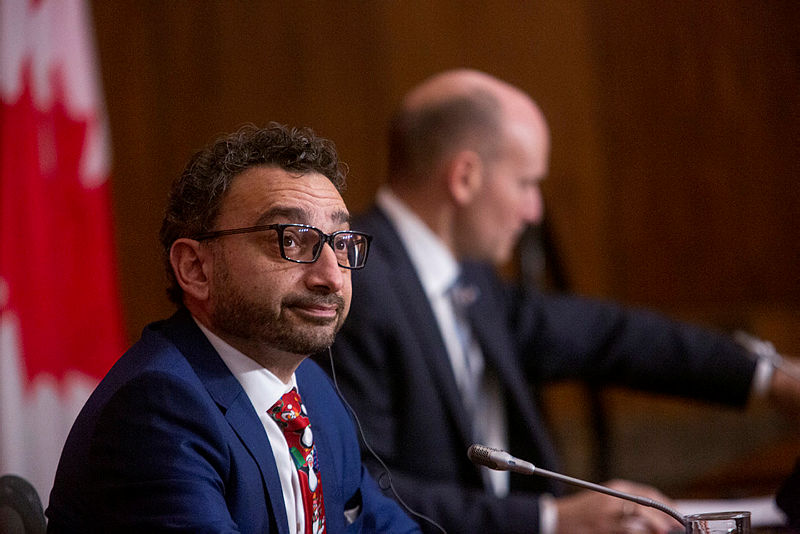
Omar Alghabra. The Hill Times photograph by Andrew Meade
Before entering cabinet, he was the parliamentary secretary to both the foreign affairs minister and the minister of international trade. Alghabra was involved in conversations about the closure of airspace and ports to Russian airplanes and vessels, according to a government source. He also continues to address the Canadian response to Iran’s downing of Ukraine International Airlines Flight PS752 more than two years ago. He is also pushing the Safer Skies Initiative to protect commercial airlines that operate near areas of conflict. The four-term MP has close ties with PMO chief of staff Katie Telford.
Harjit Sajjan, international development minister
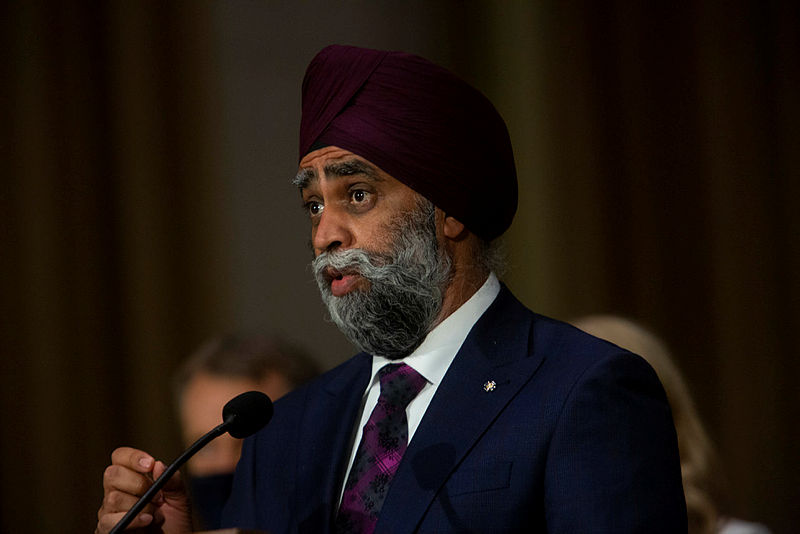
Harjit Sajjan. The Hill Times photograph by Andrew Meade
While there were questions raised when Sajjan was appointed to a position charged with implementing Canada’s feminist foreign policy after his failure to address the sexual misconduct crisis in the military, he still holds influence as he oversees the biggest budget of all three Global Affairs ministers. A former diplomat said Sajjan’s “star has been dimmed,” although noting that due to the institutional role he can still be quite influential. Front and centre in his portfolio is to make a greater push for vaccine equity in the global South as Canada and some of its allies have been accused of hoarding vaccines. Addressing the humanitarian crises in Ukraine and Afghanistan will also be important files. One former government official said Sajjan hasn’t yet found a role “to sink his teeth into.”
Karina Gould, families, children, and social development minister
While she was shuffled from international development into a heavily domestic cabinet role, Gould remains active on the foreign affairs file as chair of the Canada and the World cabinet committee.
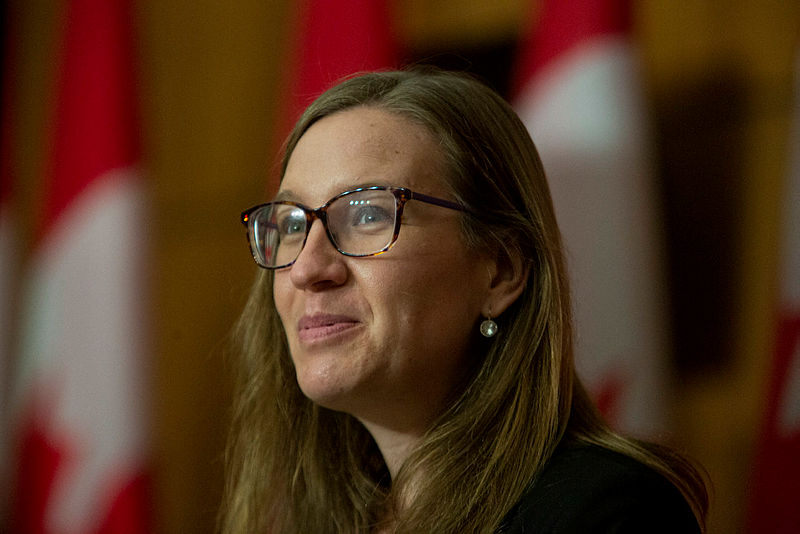
Karina Gould. The Hill Times photograph by Andrew Meade
A government source said she has been active on all conversations about Ukraine. Gould is often consulted by former Global Affairs colleagues, a senior government source said. A former government source said she has always been involved on the feminist foreign policy file and has a strong working relationship with both Global Affairs and civil society. While the influence of a chair of the cabinet committee may be hard to see publicly, one academic said what happens in cabinet committees is “extremely important” and it can give chairs of the committees added sway.
Michael Chong, Conservative foreign affairs critic
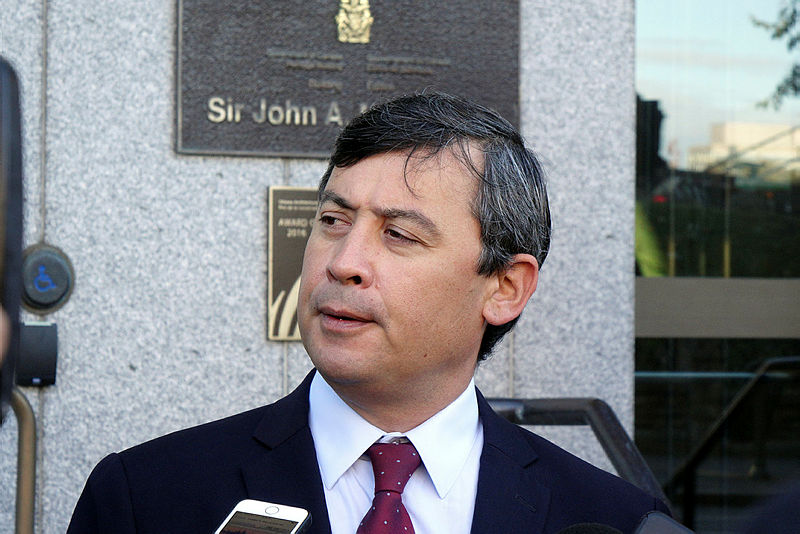
Michael Chong. The Hill Times photograph by Sam Garcia
As the Conservative Party starts another leadership race, Chong has bowed out, noting that foreign policy will remain his focus. The Harper-era cabinet minister has been praised for being a thoughtful and substantive opposition critic who is well informed on his files. He has been noted for distinguishing himself from others as he approaches the file with nuance. One former official said he brings a “key voice.” Rowswell said Chong is in a “category of his own” and is “quite effective” in his critic role. Chong backed the motion that led to the House of Commons recognizing that China’s repression of Uyghur Muslims was an act of genocide. Afterwards he was sanctioned by Beijing. He also continued his push to bring to light documents detailing the firing of two scientists from the National Microbiology Laboratory in Winnipeg. Despite the wide praise Chong receives, his influence has been trimmed without the Special Committee on Canada-China Relations being convened in this Parliament.
Hassan Yussuff, Independent Senator
While no longer the leader of Canada’s largest labour organization, Yussuff continues to be sought out by the government for his insight into Canada-U.S. dealings.
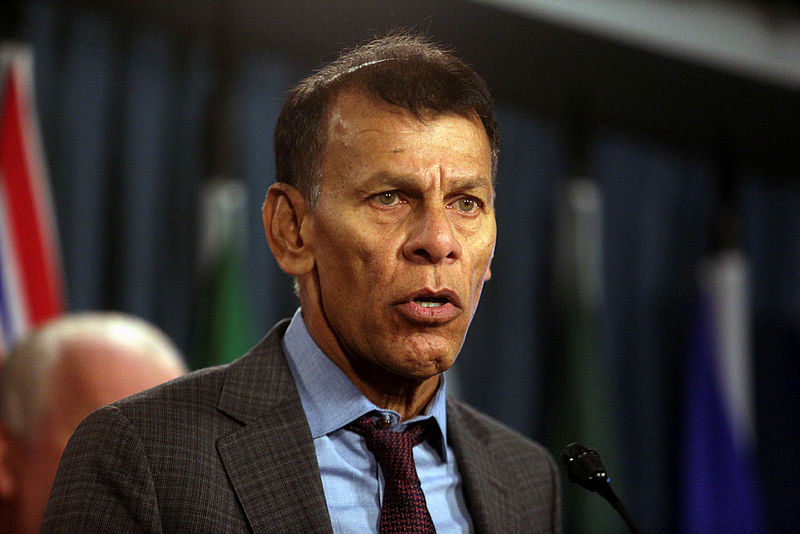
Hassan Yussuff. The Hill Times photograph by Andrew Meade
One senior government official said even after becoming a member of the Senate in June 2021, Yussuff is still “very active and very involved” in the bilateral relationship, noting the work within binational unions. Yussuff was a former member of the NAFTA advisory council during the renegotiations. With the government’s increased focus on labour issues when negotiating trade deals, Yussuff remains an influential figure.
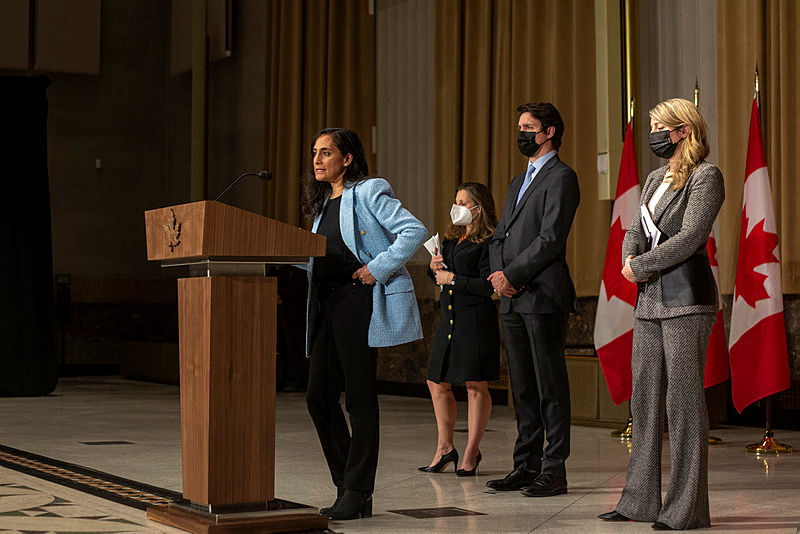
Defence Minister Anita Anand is pictured at a press conference alongside Deputy Prime Minister Chrystia Freeland, Prime Minister Justin Trudeau, and Foreign Affairs Minister Mélanie Joly. The Hill Times photograph by Andrew Meade
Political staffers
Katie Telford, PMO chief of staff
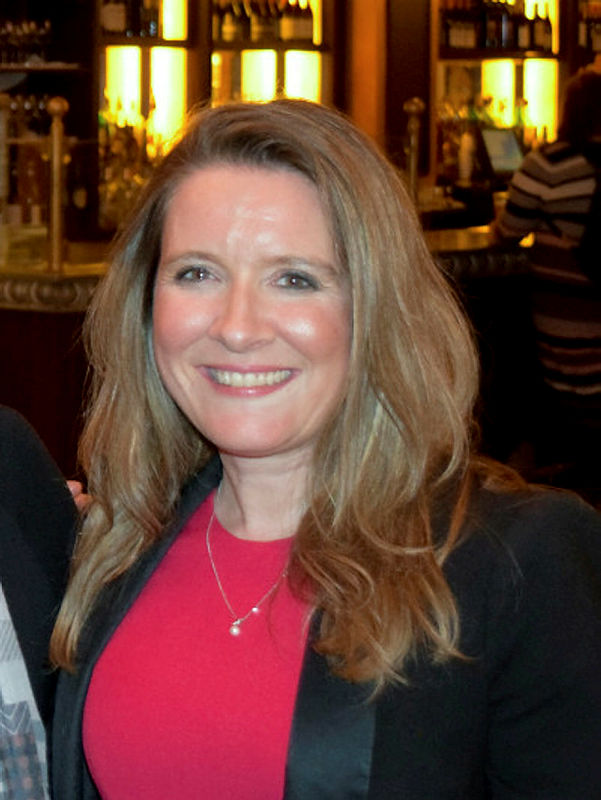
Katie Telford. The Hill Times photograph by Aidan Chamandy
The only chief of staff Trudeau has had since he took power in 2015, Telford is involved in every issue that reaches the prime minister’s desk, including in all calls he holds with foreign leaders. A senior government official said Telford is “very engaged” on most key international matters given the importance placed on what is said and what is done on the world stage. The source said Telford’s input is “analytical and thoughtful” and she offers a differing perspective to ensure that all angles of a decision have been considered and that all necessary groups have been engaged. A former government official said Telford ensures that the values of Canadian voters are always represented in the path Canadian foreign policy takes.
Brian Clow, PMO deputy chief of staff
Called a “master political strategist” by a former government official, Clow has been leading a contributor to Canada’s management of its relationship with the United States.
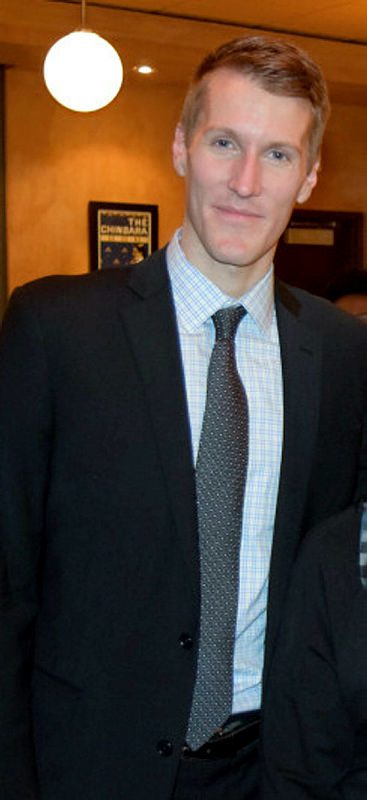
Brian Clow. The Hill Times photograph by Aidan Chamandy
Before becoming deputy chief of staff, he led the Canada-U.S. team in the PMO. He has close connections with Telford, as well as Trudeau and Freeland. Before joining the PMO in 2017, Clow was chief of staff to Freeland when she was the international trade minister. The former official said Clow is “very strategic,” “very smart,” and “details oriented.” Volpe said Clow is the “quarterback” for Canada-U.S. business, adding that he was effective in co-ordinating Congressional meetings during the Three Amigos summit. “You don’t do Canada-U.S. anything without Brian being involved,” he said.
Patrick Travers, PMO senior global affairs policy adviser
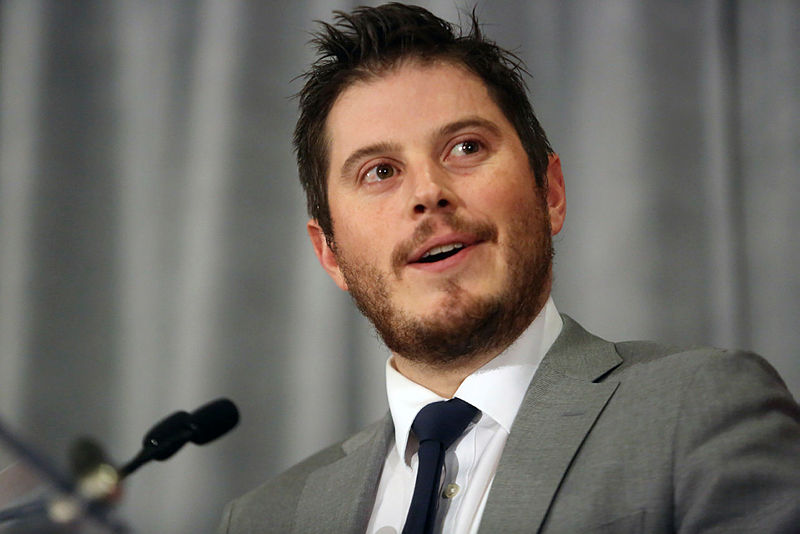
Patrick Travers. The Hill Times photograph by Andrew Meade
The most senior staffer in the PMO working exclusively on foreign policy, Travers has been a mainstay in the office since 2016. The leader of the PMO’s three-member foreign policy team, he is by the prime minister’s side for every major foreign policy discussion. With experience at the UN, Travers’ current international focus is all encompassing, dealing with foreign policy, defence, international trade, and international development.
Oz Jungic, PMO policy adviser
With past experience in the offices of the foreign affairs and defence ministers, Jungic is the newest foreign policy adviser in the PMO.
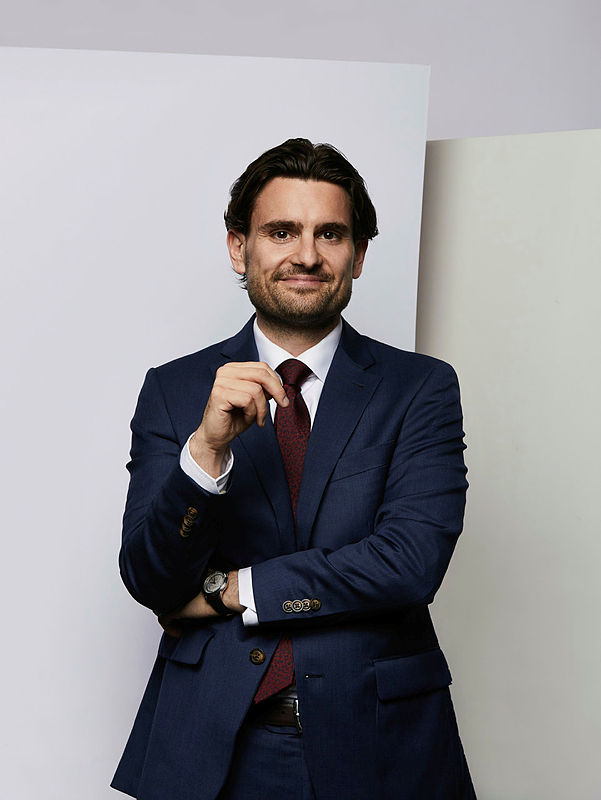
Oz Jungic. Photograph courtesy of Rémi Thériault
He is engaged in all major foreign policy discussions, according to a government official. A former government official said Jungic has a “really good head on his shoulders,” adding that it is quite the catch for the PMO that they have him working as a foreign policy adviser given his extensive background. A senior government source said Jungic’s position is “quite influential,” but noted that as he is a new member of the team, he is still figuring out how to be influential. Holding a PhD from Oxford University, Jungic previously worked for the UN’s International Criminal Tribunal for the former Yugoslavia and the High Representative in Bosnia and Herzegovina. Before becoming a political staffer, he worked on cyber security issues.
Elise Wagner, PMO policy adviser for Canada-U.S. relations and issues management
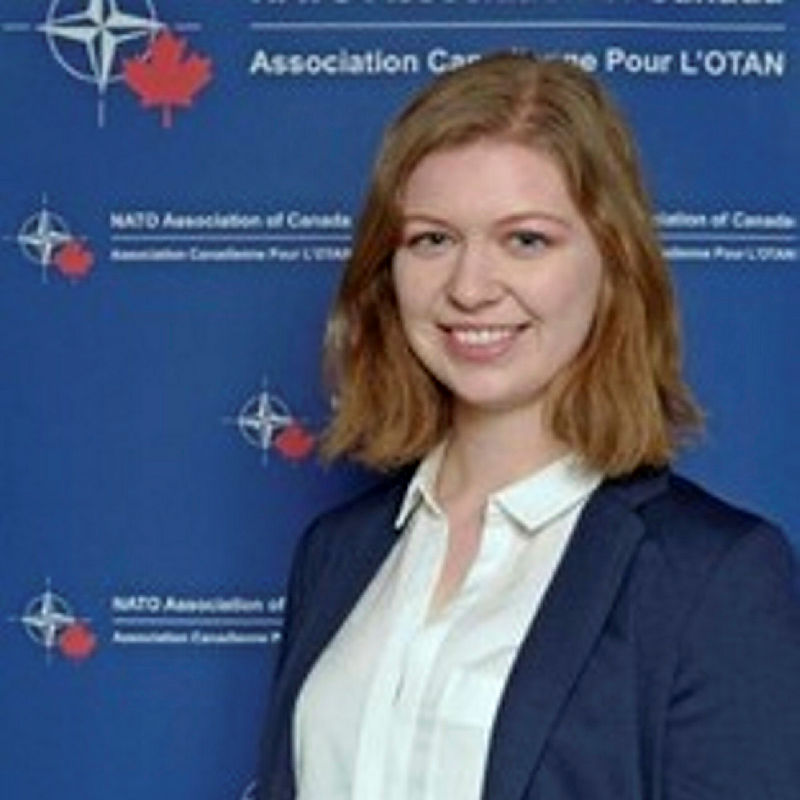
Elise Wagner. Photograph courtesy of LinkedIn
With more than three years of experience working on Canada-U.S. relations, Wagner rounds out the PMO’s foreign policy team. A senior government official said Wagner has started taking on more responsibility as her tenure in the PMO has grown. “Almost everything Canada and the U.S. will touch Elise,” the source said, noting that includes “every element” of the relationship. That puts her in the room for most significant conversations about Canada-U.S. issues.
Jeremy Broadhurst, PMO senior adviser
One of the most influential Liberal staffers, Broadhurst ran the party’s 2019 campaign and has served as a past chief of staff to Chrystia Freeland when she was foreign affairs minister and was later her chief of staff when she became deputy prime minister.
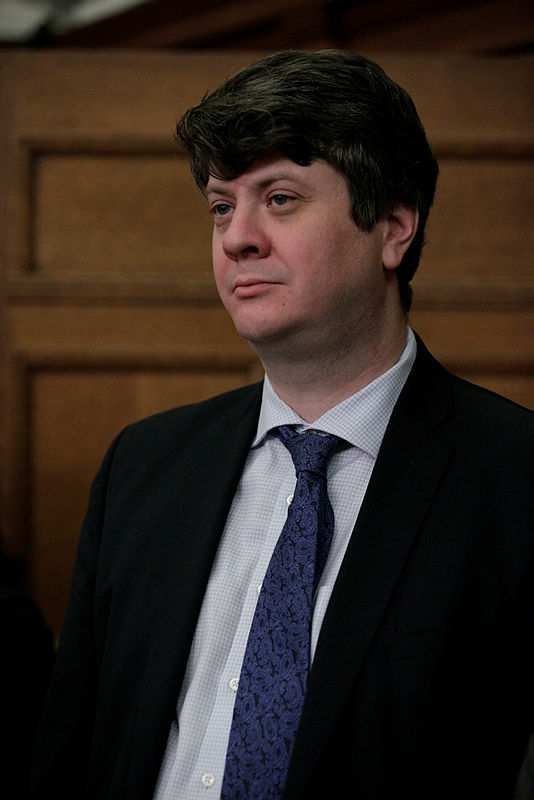
Jeremy Broadhurst. The Hill Times file photograph
A senior government official said Broadhurst’s influence isn’t always seen. “But you know that it is there,” the source said, noting that he is a close adviser to both Trudeau and Freeland. He worked in the PMO in the early days of the Trudeau government as deputy chief and deputy principal secretary before running Freeland’s office.
Sandra Aubé, chief of staff to the foreign affairs minister
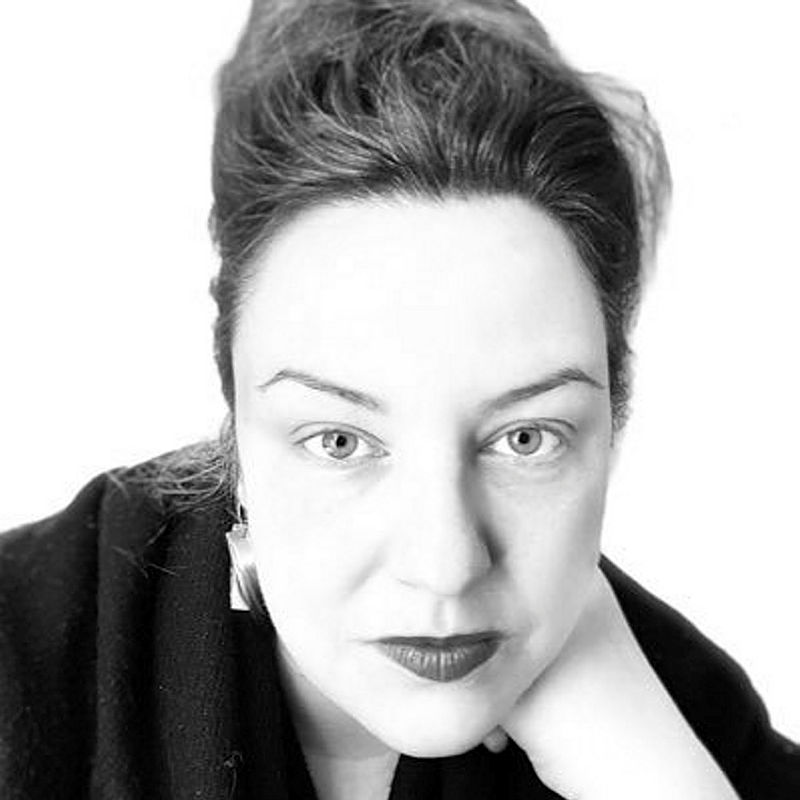
Sanda Aubé. Photograph courtesy of LinkedIn
A new face in the foreign policy world, Aubé has been tied to Joly since 2016 and has gained her trust over the years. She has been Joly’s chief of staff since 2020 when Canada’s top diplomat was the minister of economic development and official languages. A government source said she is still learning how to operate within the Global Affairs system. Aubé has past experience working in the PMO in 2017 as an issues adviser before reuniting with Joly again in 2018 when Joly was shuffled to the role of tourism minister where Aubé was the communications director. She has been noted for having a “sharp political sense.” However, unlike some past chiefs of staff to the foreign affairs minister, she doesn’t bring an extensive foreign policy background to the role.
Chantal Gagnon, deputy chief of staff to the foreign affairs minister
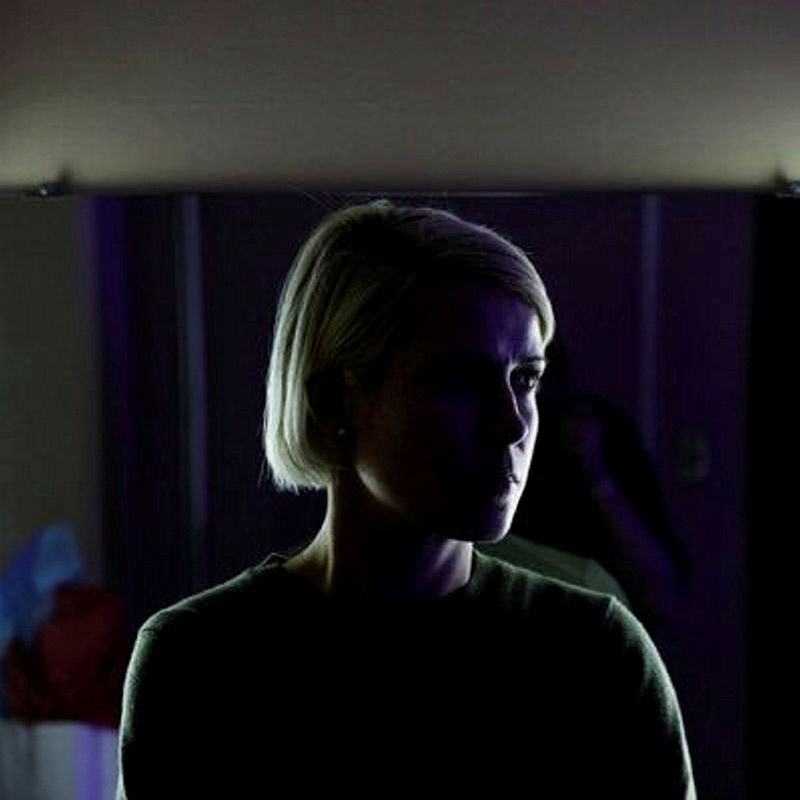
Chantal Gagnon. Photograph courtesy of Twitter
Working as almost equal partners with Aubé, according to a senior official, is Gagnon, who spent the last four years in the PMO’s communication department. A former government official called her a “safe pair of hands” on the foreign affairs file. She previously worked in the office of the foreign affairs ministers when she was a press secretary for Stéphane Dion. Another past official described her as a hard worker who is “very dedicated.” A third former official said she brings a lot of “experience to the table,” including international experience tagging along with Trudeau on his foreign trips.
Jason Easton, chief of staff to the international trade minister
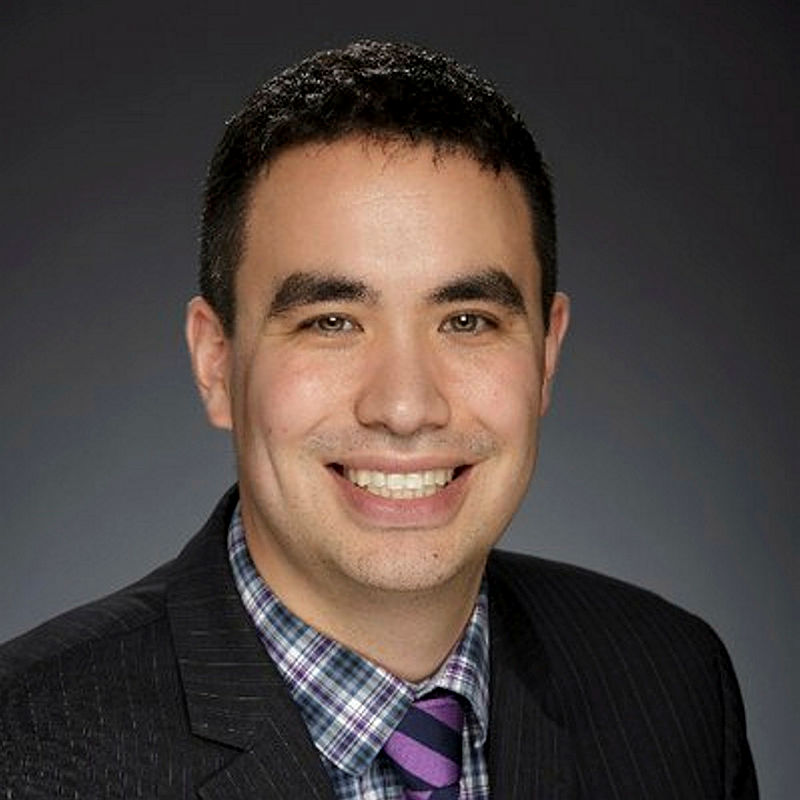
Jason Easton. Photograph courtesy of Twitter
Working alongside Ng since 2018, Easton is the most seasoned of all three Global Affairs’ ministerial chiefs of staff. A former government official said his star is rising as he has gained experience. Another former official said Easton and Ng have reached the stage where they are both in a “mind meld,” noting that Ng has a lot of trust in Easton. The former official said that Easton is very policy oriented and is well versed in his files and he understands how to move the machinery of government in the desired direction. Easton also ran Ng’s successful Markham–Thornhill, Ont., byelection campaign in 2017. As the Canadian government has faced auto threats with a potential electric vehicle tax credit, Easton brings added insight having worked for General Motors for more than a decade.
Jillian White, policy director to the international trade minister
Holding the policy director post in Ng’s office for more than a year, White has become one of more senior staffers in the Global Affairs’ offices.
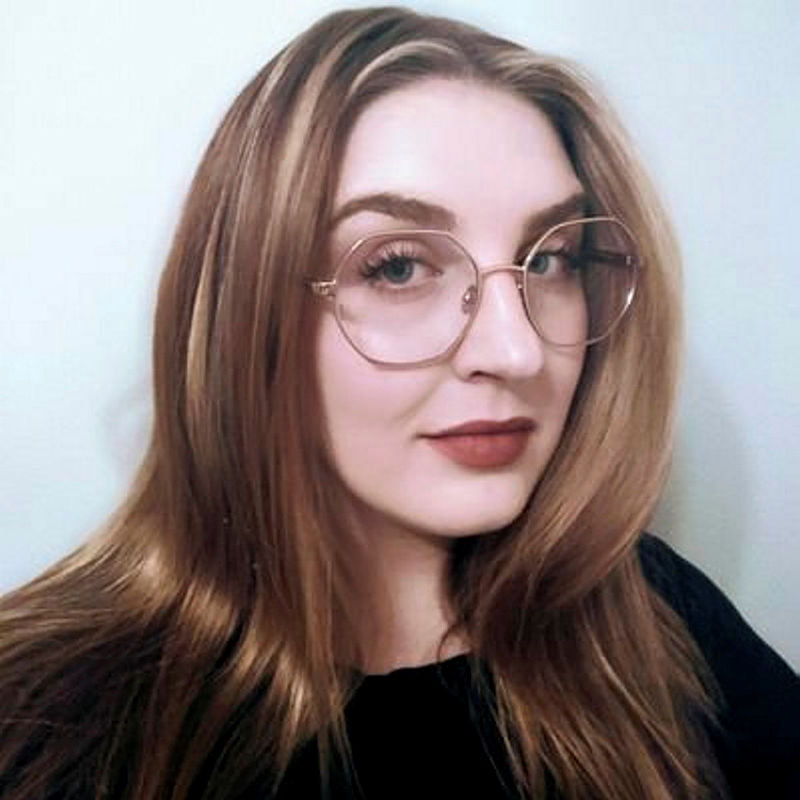
Jillian White. Photograph courtesy of Twitter
Having extensive experience in the office of the minister of foreign affairs from 2016 to 2019, White later became a senior adviser in Freeland’s deputy prime minister’s office. A senior government source said it is rare for White not to be present—alongside Clow and Wagner—in discussions about Canada-U.S. issues. Volpe said White has become a “steady hand” after building experience from the NAFTA renegotiations. He noted that in the meetings with U.S. Senators that he was in with Ng, White was constantly by Ng’s side whispering advice, which Volpe said she “honed during those NAFTA negotiations.”
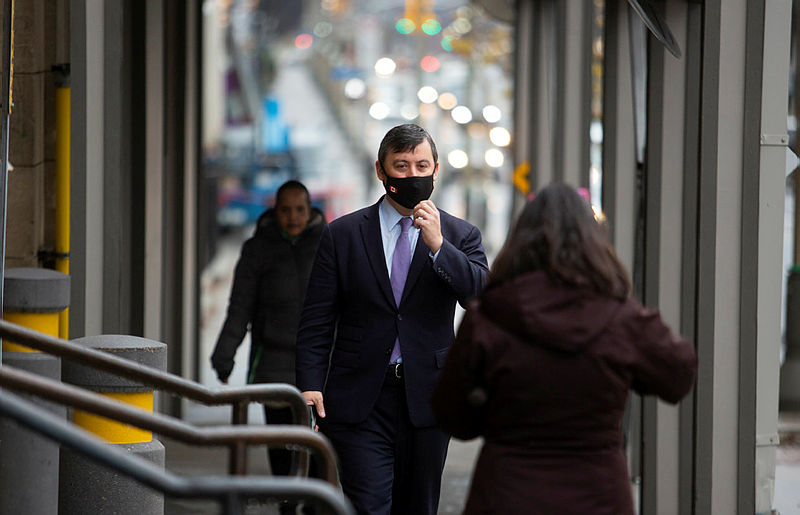
Critic’s choice: Conservative MP Michael Chong—pictured leaving a Conservative caucus meeting at Sir John A. Macdonald building in Ottawa on Nov. 18, 2021—has been praised for being a thoughtful and substantive opposition critic who is well informed on his files. The Hill Times photograph by Andrew Meade
Civil servants
Dan Costello, foreign and defence policy adviser to the prime minister
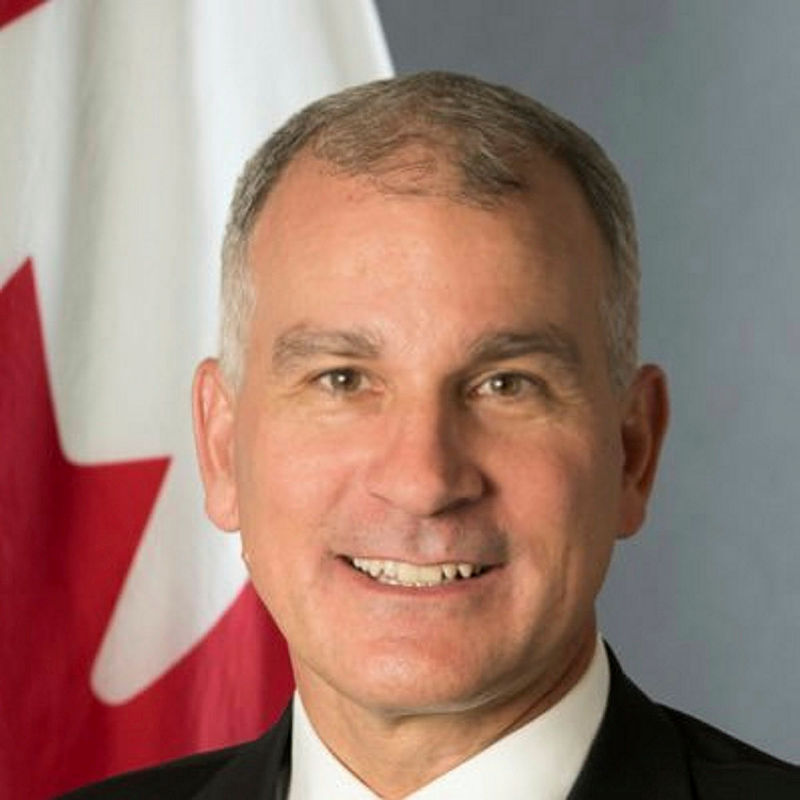
Dan Costello. Photograph courtesy of Twitter
Following a similar path of his predecessor David Morrison (see below), Costello was moved from Global Affairs into the PCO as Trudeau’s foreign and defence policy adviser three months ago. He is noted to have an ability to understand both the civil service and political worlds, as before becoming a bureaucrat he was chief of staff to then-foreign affairs minister Bill Graham. He also brings real-world diplomatic experience to the PCO, serving as ambassador to the European Union and Poland. Rowswell noted that Costello has the ability to work with everyone, from political to non-political and Canadian to non-Canadians, and build coalitions to make sure everyone feels that they’ve been heard. “Hopefully a role model for other senior officials for them to have his kind of attitude,” he said.
David Morrison, deputy minister for international trade and G7 sherpa
Costello’s predecessor in the PCO, Morrison has the trust of Trudeau and his team, according to a government source.
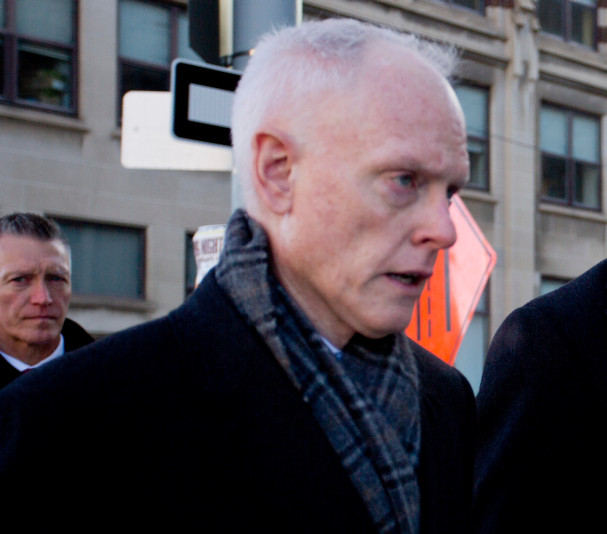
David Morrison. The Hill Times photograph by Andrew Meade
Showing that trust, Morrison kept the role as the prime minister’s personal representative to the G7 at the time where there is hope for a renewed ability for the group to be effective after it was stunted during the Trump years. A senior government source also noted the trust Trudeau has in Morrison. A former government official said Morrison is put in situations where the government needs a trusted bureaucrat. The source added that he has deep global connections and is well tuned on his files. “He has all the answers to questions off the top of his head,” the former official said. “You don’t need to bring in 16 bureaucrats to get the information you need.”
Jody Thomas, national security and intelligence adviser to the prime minister
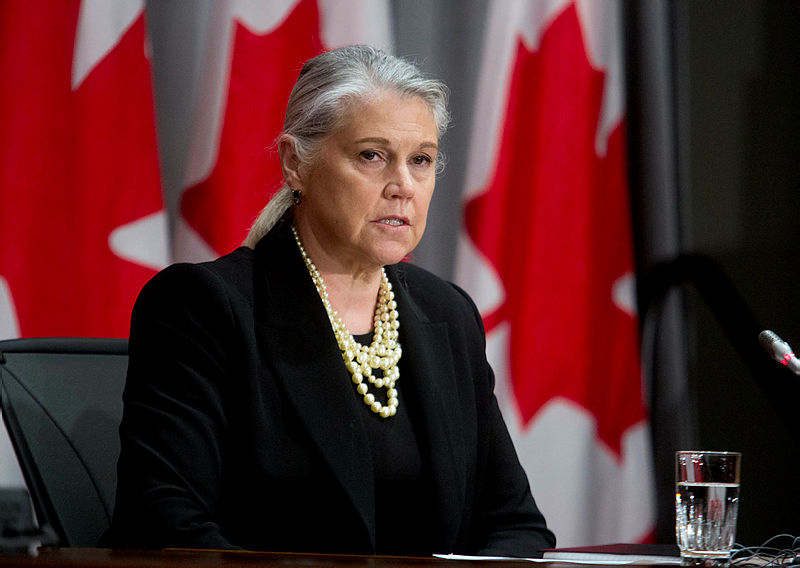
Jody Thomas. The Hill Times photograph by Andrew Meade
After a long tenure as the deputy minister of national defence, Thomas joins Costello as a new face in the PCO as Trudeau’s national security and intelligence adviser. Her post has already been a busy one with the trucker convoy occupying Ottawa and the invocation of the Emergencies Act. One academic called Thomas “well respected” and adored by anyone who works for her. A second academic said she is “very influential” and “very powerful” and “very experienced.” The scholar said bringing a senior deputy into the PCO brings “heft” to the position. She will be tasked with a growing number of threats to guard against, including the rise of far-right extremism and cyber security threats.
Marta Morgan, deputy minister of foreign affairs
While Morgan is gaining more experience as the second-in-command of the foreign affairs file, tension still exists with having a deputy minister without foreign service experience.
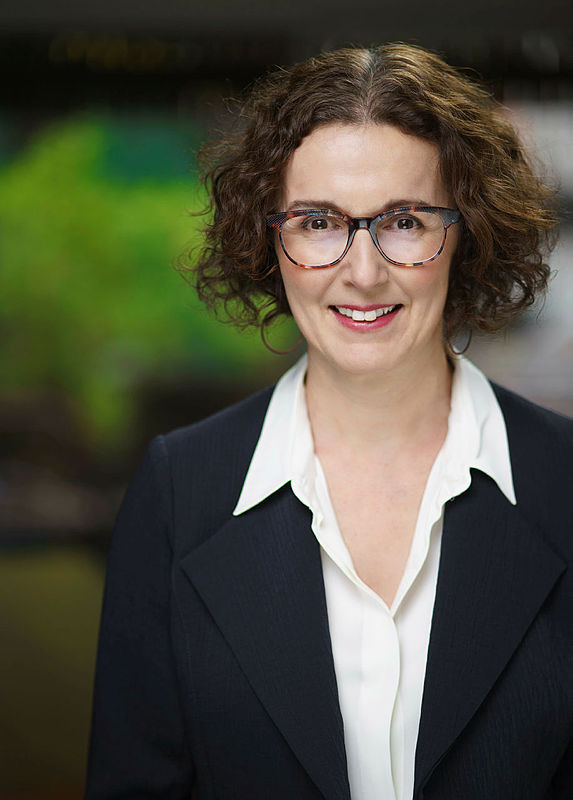
Marta Morgan. Photograph courtesy of IRCC
One former diplomat said without overseas expertise, Morgan can’t be as influential. Rowswell, another former diplomat, said there has been “a fair amount of discontent” within Global Affairs over “insufficient attention” being placed to missions abroad, with more focus being placed in Ottawa. He said Morgan is at a disadvantage because she hasn’t been posted abroad. “To not have someone who served abroad and values the front line work of diplomacy has been a challenge,” he said. Despite the lack of diplomatic experience, Morgan still holds influence as she is present during the most important foreign policy discussions.
Janice Charette, interim clerk of the Privy Council and secretary to the cabinet
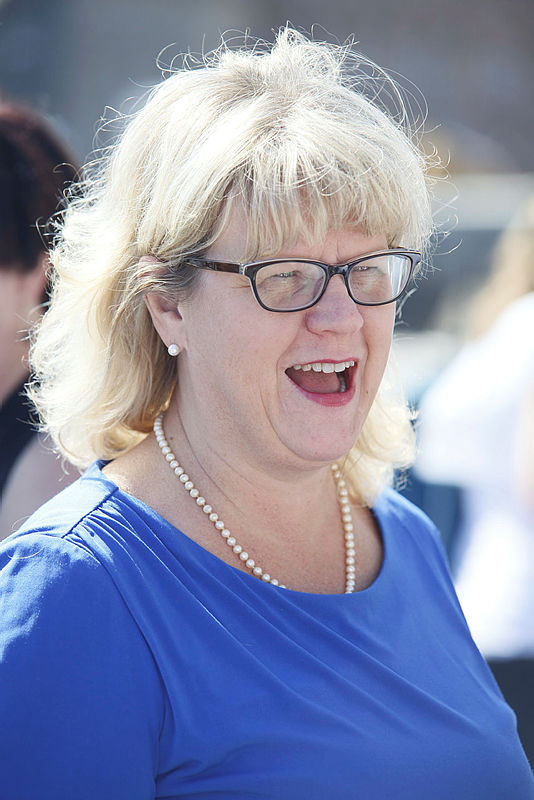
Janice Charette. The Hill Times file photograph
Returning to Ottawa from the U.K. in March 2021 to fill in for Ian Shugart who stepped aside for health reasons, Charette’s influence comes from her position as Canada’s top civil servant. As clerk, she is charged with co-ordinating departmental responses to foreign policy issues. Charette brings foreign policy experience to her role as she was a previous Canadian high commissioner to the U.K. from 2016 to 2021. Before leaving for London, she was previously a PCO clerk from 2014 to 2016.
Bill Matthews, deputy minister of national defence
Rejoining Anand, Matthews returned to DND in January after two years as deputy minister for Public Services and Procurement.
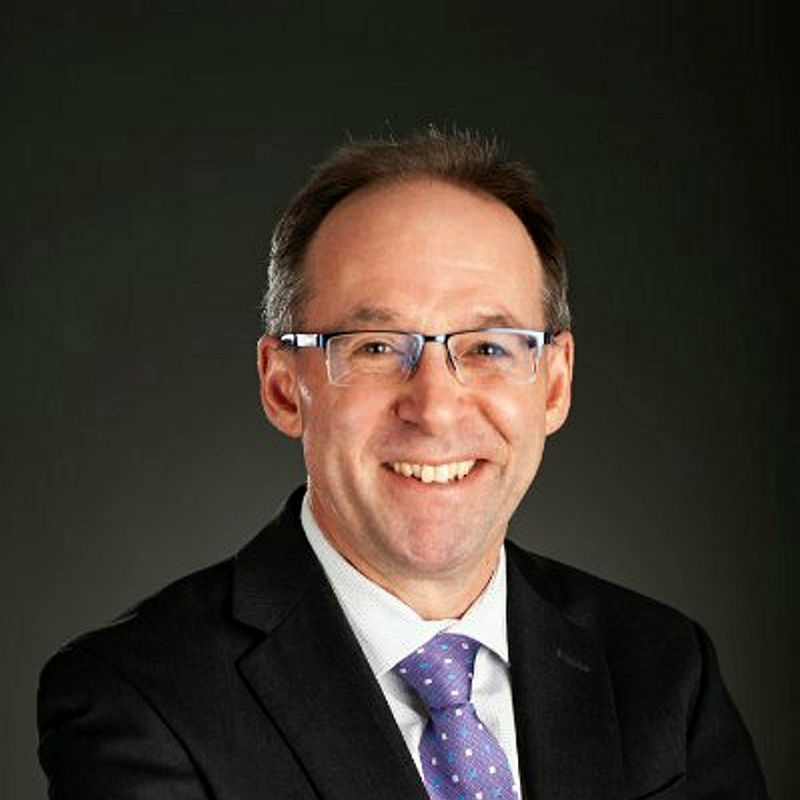
Bill Matthews. Photograph courtesy of Twitter
Like his boss, Matthews will have to address the sexual misconduct crisis in his department, as well as focus on the Canadian military preparedness to counter increasingly belligerent world forces. As the military makes consequential defence purchases, he will be well served from his experience in his last department.
Wayne Eyre, chief of the defence staff
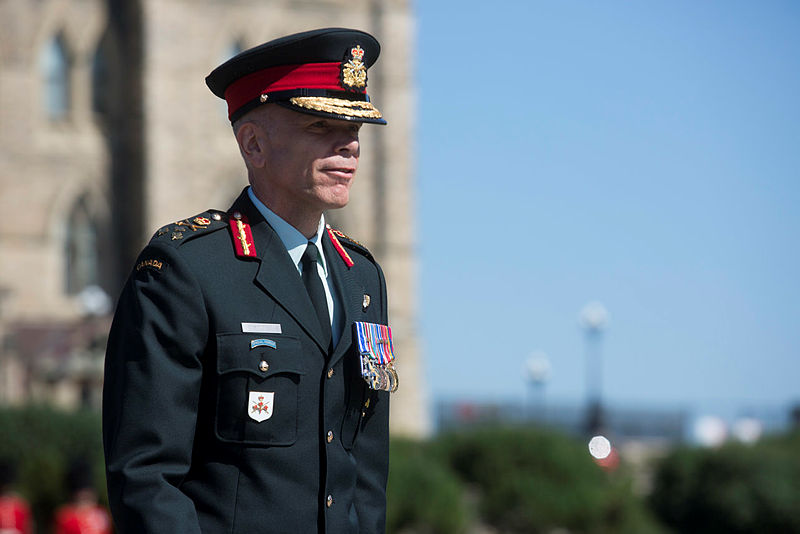
Wayne Eyre. The Hill Times photograph by Andrew Meade
After nine months as interim chief of the defence staff, Eyre became the full-fledged chief last November. He was propelled into the position after his predecessor Art McDonald stepped aside amid sexual misconduct allegations. Dealing with institutional change in the Armed Forces will be top of mind for Eyre. He is also tasked with working on confronting the Russian invasion of Ukraine. He told a defence conference recently that one of the things that keeps him up at night is his concern for the military’s readiness. “The world is getting more dangerous every day and we need to be ready for it,” he said.
Steve Verheul, special adviser to the deputy minister of finance
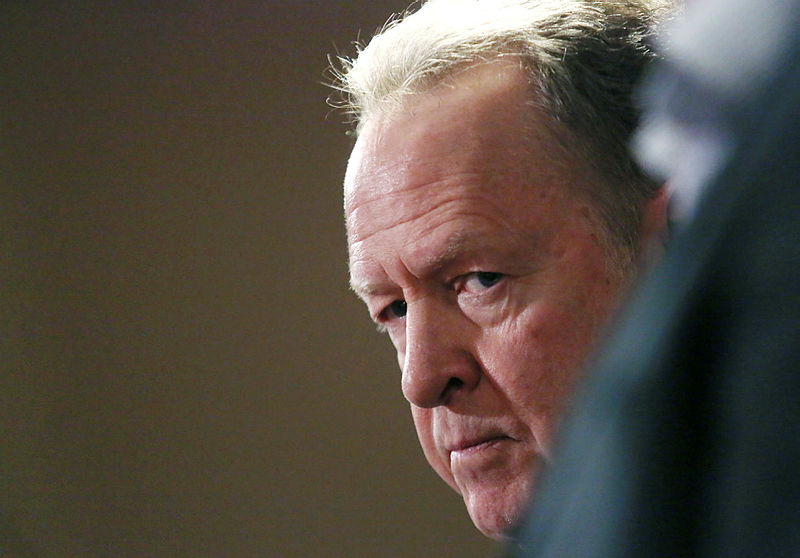
Steve Verheul. The Hill Times photograph by Andrew Meade
Known as one of the architects behind Canada’s trade policy, Verheul recently retired from Global Affairs, but was brought back into government, serving as a special adviser on global trade in the office of deputy minister of finance Michael Sabia. The mastermind behind safeguarding Canada’s trading relationship with the United States and Mexico during the NAFTA renegotiations, he has extensive history with Freeland, from those trade talks and his work as negotiator of the trade talks with the European Union, which led to CETA. A senior government source called the relationship between Verheul and Freeland “extremely close.” The official said he is still “widely consulted,” adding that the former trade negotiator is “calm and reasoned” and not “wed to any particular orthodoxy.”
John Hannaford, deputy minister of natural resources
A former deputy minister of international trade and a past foreign affairs and defence policy adviser to Trudeau, Hannaford remains a trusted foreign policy voice even while he has transitioned to a more domestic focused role.
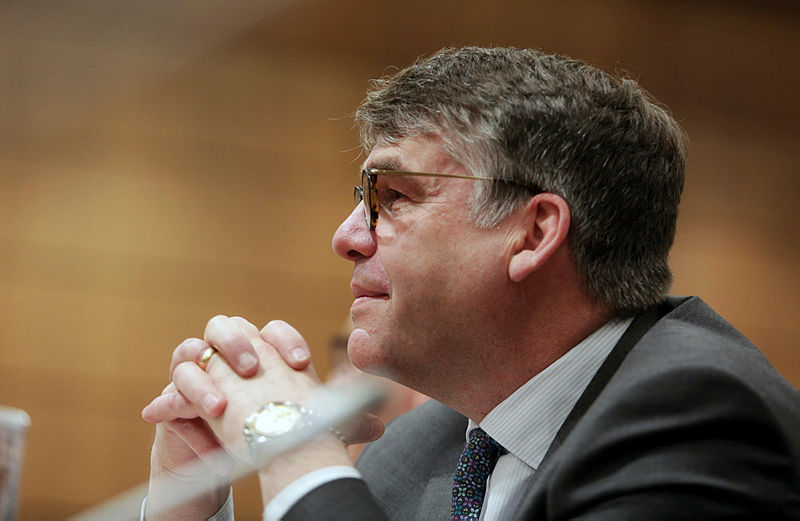
John Hannaford. The Hill Times photograph by Andrew Meade
Like Verheul, Hannaford is a civil servant that Trudeau and Telford will always turn to for advice on difficult foreign policy issues, according to a senior government source. Hannaford is someone that is so well liked and respected by Trudeau that he remains a trusted adviser, according to a second government official. He has been known to be a good manager who can work well with the civil service as well as with the political class.
David Vigneault, CSIS director
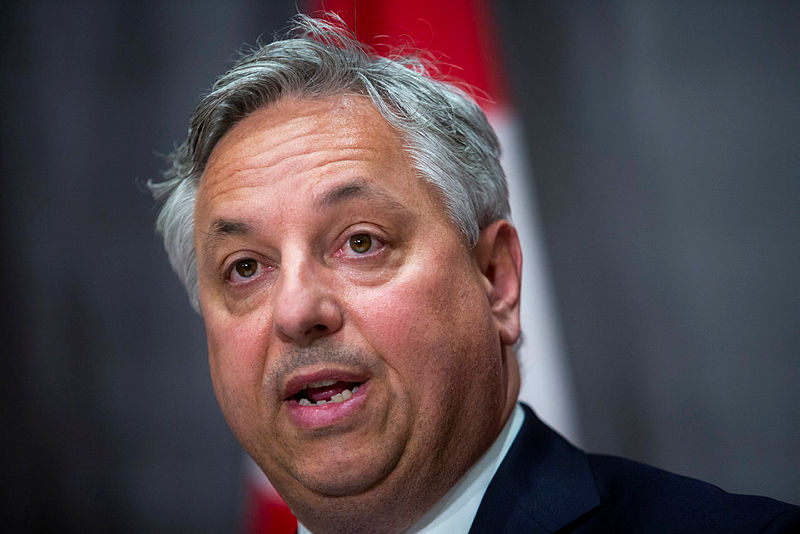
David Vigneault. The Hill Times photograph by Andrew Meade
Leading Canada’s national intelligence agency since 2017, Vigneault has influence tied to his experience. While at times CSIS can struggle to have its voice heard, according to one academic, it has had a number of important victories, including a probable one on an eventual Huawei ban. The department also has increased influence with its powers to review science grants that could have links to the Chinese military.
Diplomats
Kirsten Hillman, ambassador to the United States
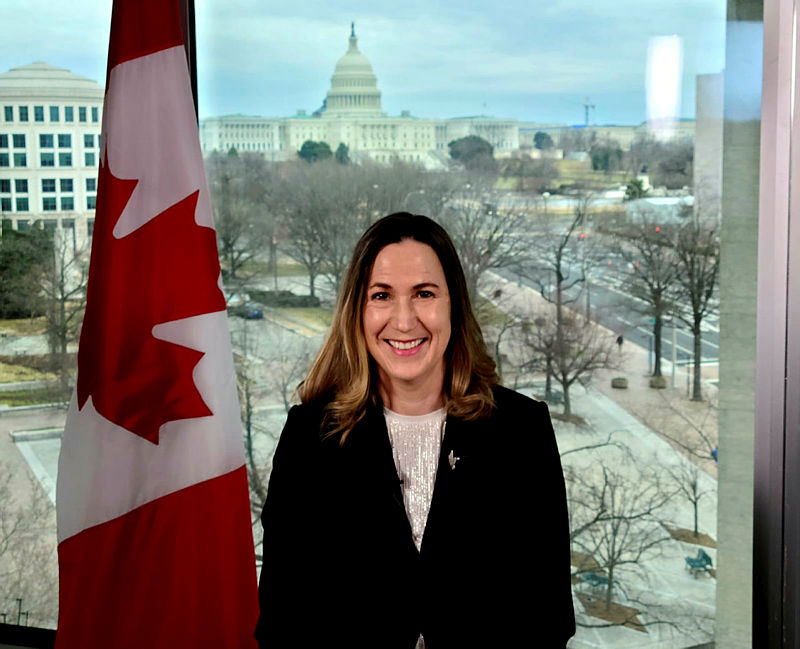
Kirsten Hillman. Photograph courtesy of Twitter
Canada’s most important diplomat will almost always be the one it has posted in D.C. Hillman has built trust with Trudeau and Freeland going back to the earliest days of the Liberal government when she was the negotiator of the TPP. That trust was further strengthened for the role she played during the NAFTA renegotiations as deputy ambassador to the U.S. She became the first woman to be named Canada’s ambassador to its most important ally and the first career diplomat in the posting since 2005. A senior government source called Hillman a “force of nature” that everyone consults. A former official said Hillman has a deep understanding of her files as well as the politics at play. Hillman, alongside Verheul and Hannaford, are the only bureaucrats that the Liberal government treat as if they are political staffers, the source said. “Nothing is hidden from them. No conversations happen [where] they are asked to leave the room because it’s too sensitive,” the former official said.
Bob Rae, ambassador and permanent representative to the United Nations
Breaking the mould of a traditional diplomat, Rae has been given an added spotlight amid Russia’s renewed invasion of Ukraine.
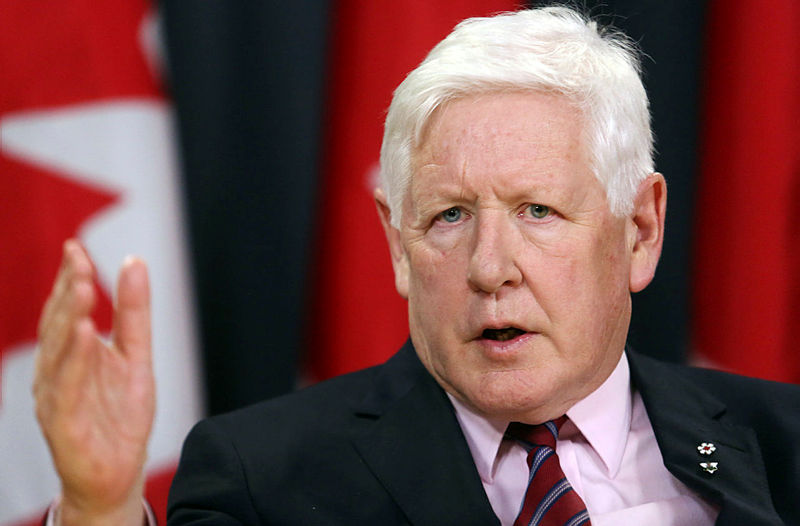
Bob Rae. The Hill Times photograph by Andrew Meade
He has given impassioned speeches at the UN General Assembly denouncing the breach of the UN Charter. “Bob Rae really has a moment in the sun with this Ukraine crisis,” Rowswell said. “[With] forceful oratory well beyond what a career diplomat would have ever felt comfortable doing,” he added. Holding the same role his father had in the 1970s, Rae brings experience working on human rights issues to New York, as well as willingness to move in front of the government in responding to crises. A former official said the independence that Rae shows is a sign of how important the role is and that he is being listened to to a “significant degree.”
Ailish Campbell, ambassador to the European Union
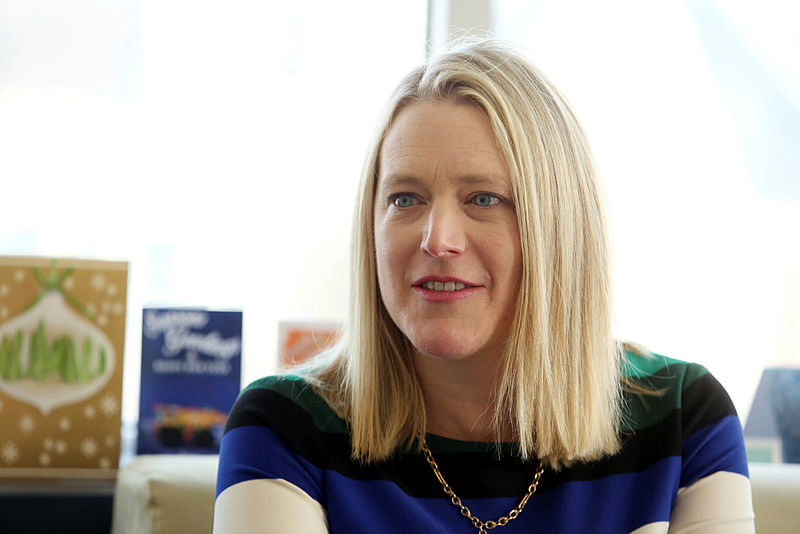
Ailish Campbell. The Hill Times photograph by Andrew Meade
A past chief trade commissioner, Campbell takes residence in one of the most important overseas postings. When she was appointed to the post in 2020, she took it over from Costello when he returned to headquarters. Campbell has been actively building allies in confronting Russia even before its renewed invasion of Ukraine, including during the international response to Moscow’s jailing of critic Alexei Navalny. One academic called Campbell the “most fierce” advocate for Canada.
Ralph Goodale, high commissioner to the United Kingdom
A trusted voice in cabinet before he lost his seat in the House during the 2019 election, Goodale brings those ties to London.
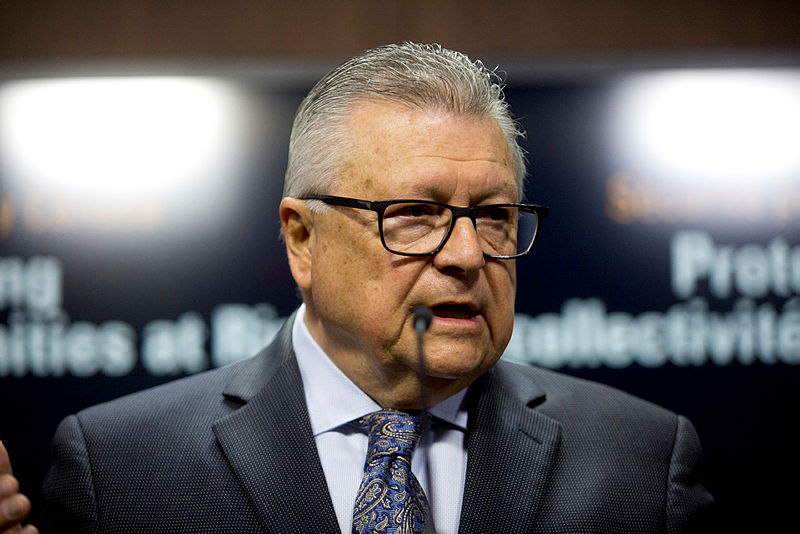
Ralph Goodale. The Hill Times photograph by Andrew Meade
Since the U.K. serves as an important ally in responding to Russia’s aggression and as the two countries are set to embark on trade negotiations, the posting to Canada House is an important one. One source said he is “very plugged in” in London. With the geopolitical challenges being brought by China and Russia, one academic said the posting is the second most important one after the U.S., due to its co-ordinating role. Prior to becoming a diplomat, Goodale was the special envoy on Canada’s response to the Iranian downing of Ukraine International Airlines Flight PS752.
Larisa Galadza, ambassador to Ukraine
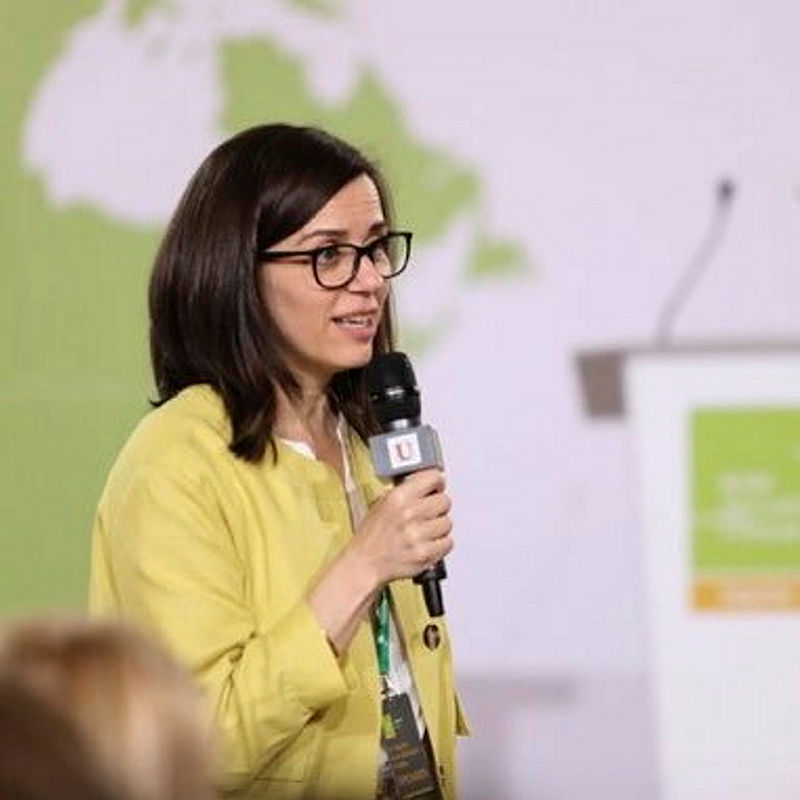
Larisa Galadza. Photograph courtesy of Twitter
Despite being forced out of Ukraine amid the latest Russian offensive, Galadza remains an influential diplomat—now working out of Poland—helping with Canada’s response to Moscow’s aggression. Prior to being appointed to the role in 2019, she ran Global Affairs’ peace and stabilization operations program. One former government official said Galadza has done “heroic” work in responding to the crisis. “She’s very smart and very hardworking,” an academic noted. “Very well connected throughout the bureaucracy and now planning a key role in helping in Canada’s response.”
Jacqueline O’Neill, ambassador for Women, Peace, and Security
With the upcoming renewal of Canada’s action plan on women, peace, and security, O’Neill still has much influence over the government, according to a former official.
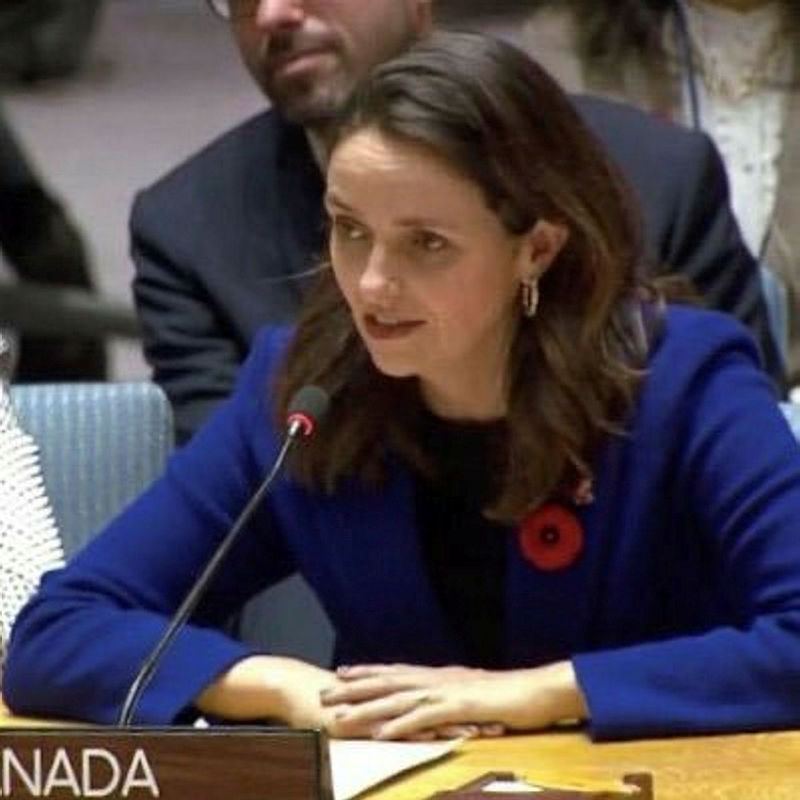
Jacqueline O’Neill. Photograph courtesy of Twitter
With the support of the government, she has been active in consultations working on the plan. The former official said the role has grown since O’Neill took it over in 2019. While working at a think tank in Washington, D.C., she was recruited back to Canada because the government needed “heavy lifting” to be done on the feminist foreign policy. She has been praised for her ability to articulate why the feminist foreign policy is the right approach to take for the government.
David Cohen, U.S. ambassador to Canada
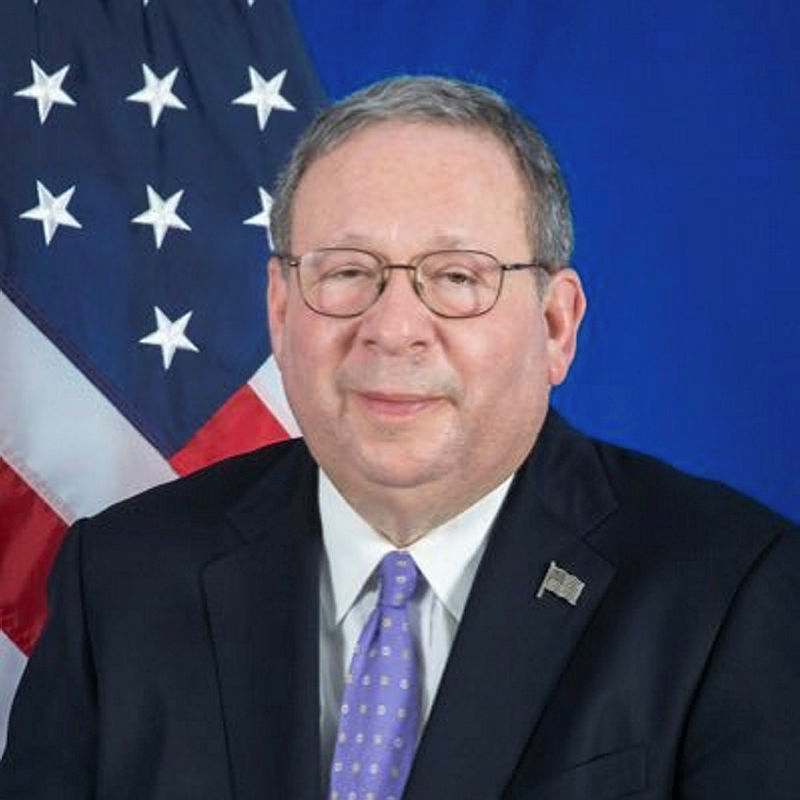
David Cohen. Photograph courtesy of Twitter
After two years without an American ambassador in Ottawa, Cohen has returned a vital link between the Canadian government and the White House. His appointment continued the American tradition of appointing a political fundraiser to fill the role, which gives Cohen a direct line to the seats of power in D.C. A former telecommunications executive, Cohen hosted the first fundraiser for U.S. Joe Biden when he entered the presidential race. A senior government official called Cohen a “real political force” that is “doing all the right things” since he arrived in Ottawa. “He is someone we look to, to help move the needle,” the source said. Another government source said that due to the important nature of the Canada-U.S. relationship, it leads to working with Cohen on a wide array of issues. Cohen has said that the U.S. is waiting to see Canada’s update to its China framework.
Susannah Goshko, U.K. high commissioner to Canada
Joining Cohen as one of the more influential foreign diplomats in Ottawa is another newer envoy.
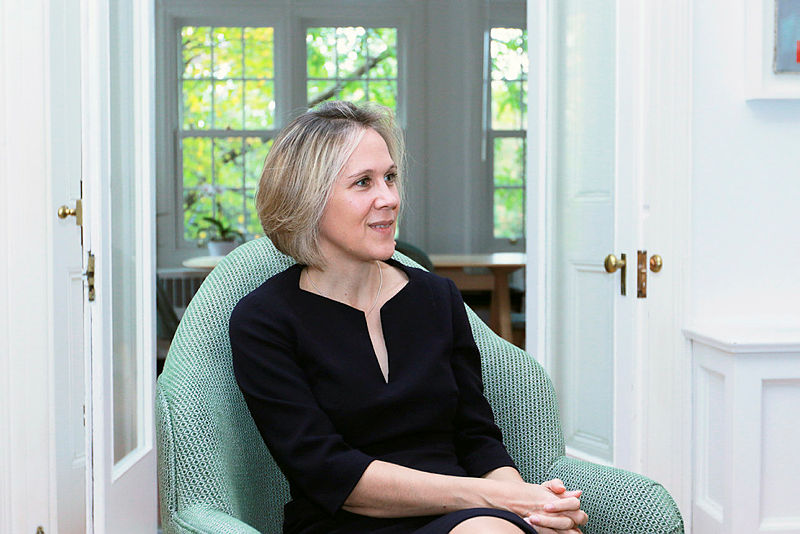
Susannah Goshko. The Hill Times photograph by Sam Garcia
Goshko is a career diplomat, who previously served as the principal private secretary to past British foreign secretary Dominic Raab—who was known to have a very good working relationship with Champagne when he was the foreign affairs minister. “She is a skilled operator,” said a senior government official. During her foreign service career, national security and the Americas have been some of her policy focuses.
Sabine Sparwasser, German ambassador to Canada
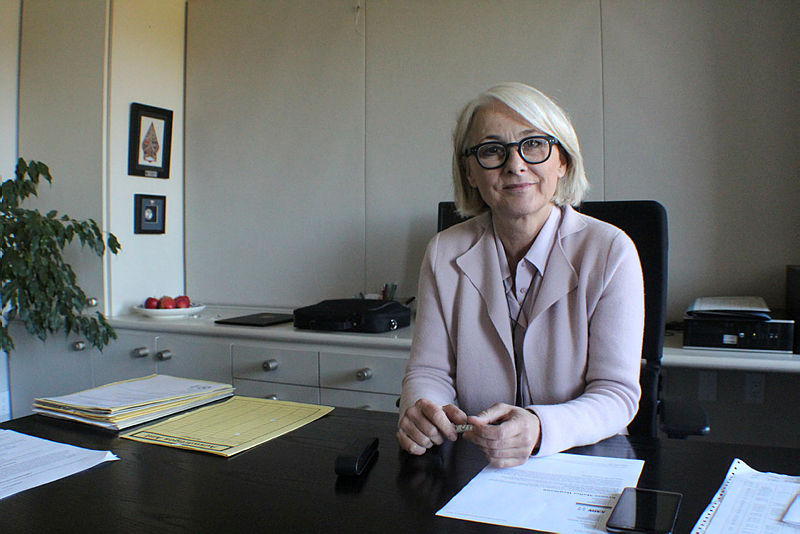
Sabine Sparwasser. The Hill Times photograph by Shruti Shekar
Rounding out the foreign envoys with influence in Ottawa is another that is in frequent communication with the government. Unlike Cohen and Goshko, Sparwasser is one of the more seasoned members of the diplomatic corps in Ottawa, having been in the post since 2017. She also was previously posted to Ottawa as deputy head of mission from 2003 to 2006. Rowswell said Sparwasser has been an “untiring champion” of Canada in Germany foreign policy, noting that Freeland has developed a close relationship with German Chancellor Olaf Scholz. The ambassador was also Germany’s consul general in Toronto from 2009 to 2013.
Civil society and others
Maryscott Greenwood, CEO of Canadian American Business Council
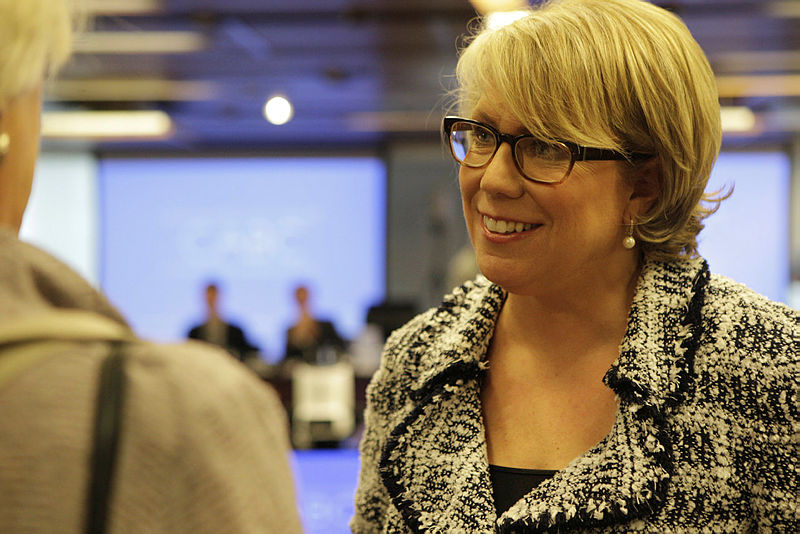
Maryscott Greenwood. The Hill Times file photograph
A former U.S. diplomat who was the chief of staff to Clinton-era ambassador Gordon Giffin, Greenwood gives Canadian decision-makers an insight into how Washington operates. The head of the Canadian American Business Council, she represents some of the biggest companies in Canadian business. A senior government source described her as a “go to.” Another source said she understands the need to maintain solid links in the Canada-U.S. relationship, so when there are times of increased friction those ties are already in place.
Flavio Volpe, president of Automotive Parts Manufacturers Association
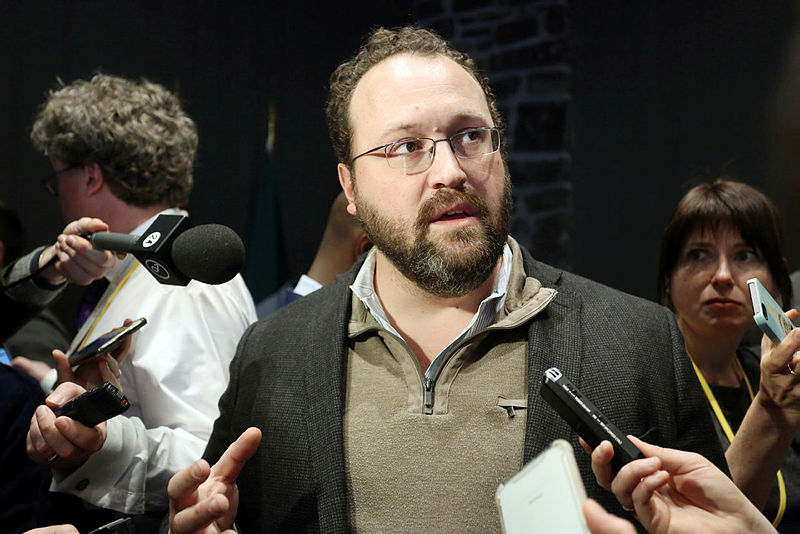
Flavio Volpe. The Hill Times photograph by Andrew Meade
A frequent ally of the government’s when dealing with the U.S., Volpe has sat in meetings with Ng on trade visits to the U.S. and is a frequent media commentator. He helped solve the blockade last month at the Ambassador Bridge in Windsor, Ont., according to a government source. He has also been an ardent defender of protecting the interconnected Canada-U.S. supply chain, especially when American lawmakers came out in favour of increased protectionism in the face of the blockade. A senior government source said Volpe has the ear of Freeland—a relationship that was built during the NAFTA renegotiations. “Flavio can be very energetic and out in front of where most folks would like, but he does have definite influence,” the official said.
Alexandra Chyczij/Ihor Michalchyshyn, president and CEO of the Ukrainian Canadian Congress
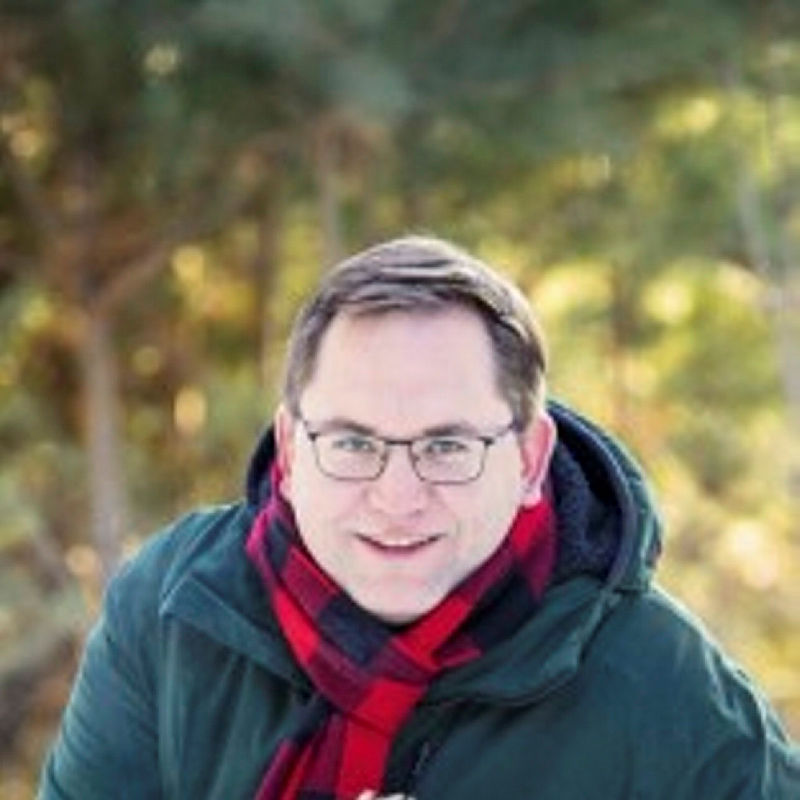
Ihor Michalchyshyn. Photograph courtesy of LinkedIn
In active communication with Trudeau and a number of cabinet ministers, Chyczij and Michalchyshyn have played a front-and-centre role in responding to Russia’s invasion of Ukraine.
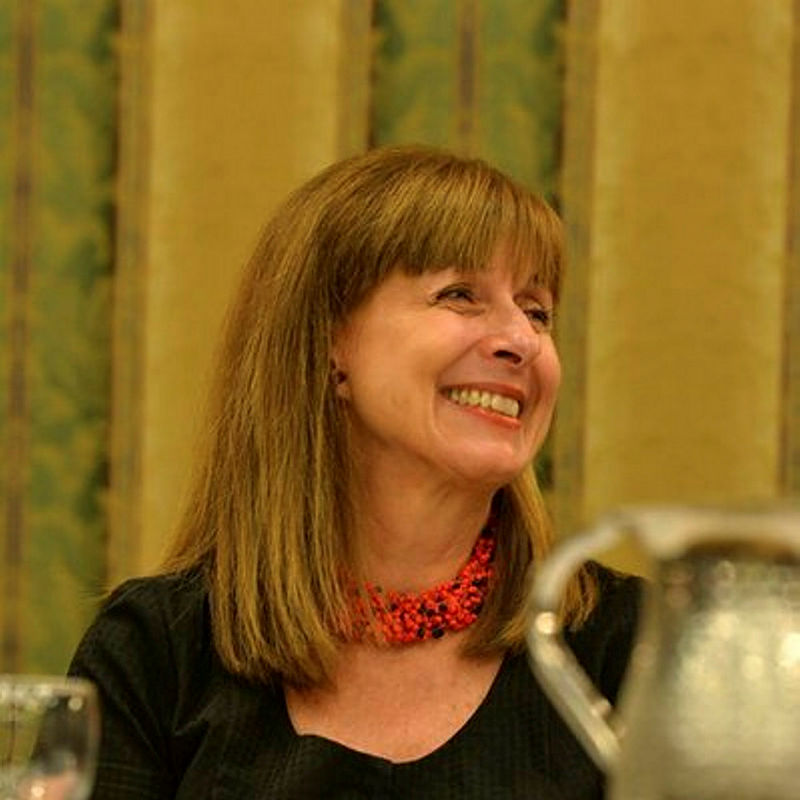
Alexandra Chyczij. Photograph courtesy of Twitter
Many of Ukraine’s policy proposals have been echoed by the congress—at times leading to domestic pressure for Canada to do more and move quicker. Their influence is seen both in the numerous conversations they have with government, and being widely quoted in the media. In an interview with Globe and Mail, Russian Ambassador Oleg Stepanov pointed to meetings between Freeland and the congress to show that Freeland is influencing Canadian policy in favour of the Ukrainian government.
Irwin Cotler, former Liberal cabinet minister and human rights advocate
A past Liberal justice minister and former caucus colleague of Trudeau and Freeland, Cotler is often in discussions with the government on human rights issues.
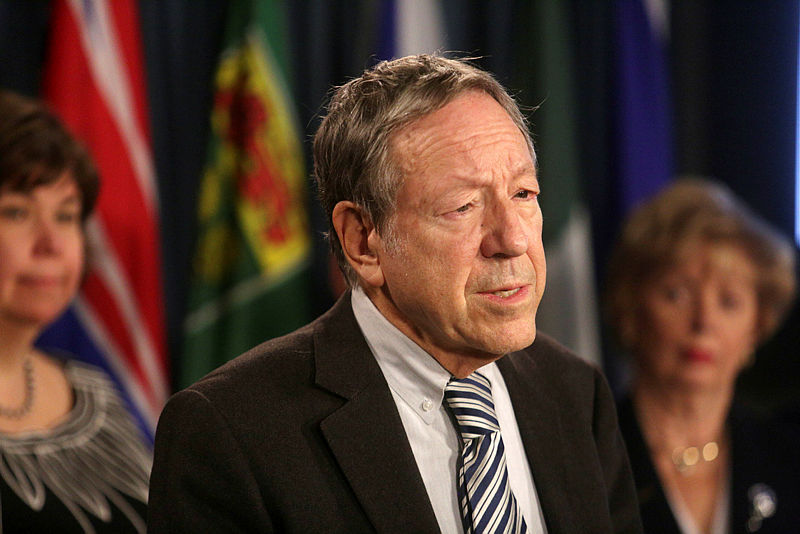
Irwin Cotler. The Hill Times photograph by Andrew Meade
He also is the special envoy for preserving Holocaust remembrance and combatting anti-Semitism, which has now been backed with a staff. He runs the Raoul Wallenberg Centre for Human Rights and has spotlighted cases of human rights abuses in Iran, Saudi Arabia, and China.
Frédéric Mérand/Laurence Deschamps-Laporte, academics
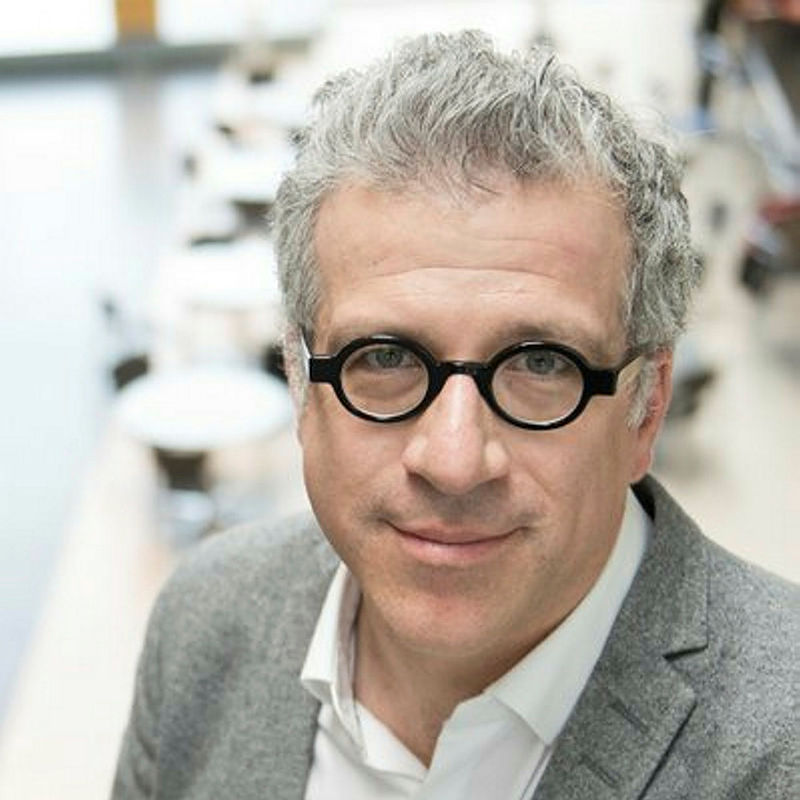
Frédéric Mérand. Photograph courtesy of Twitter
A foreign policy expert who studies European defence, Mérand is an active commentator on Canada’s place on the world stage in French-language media.
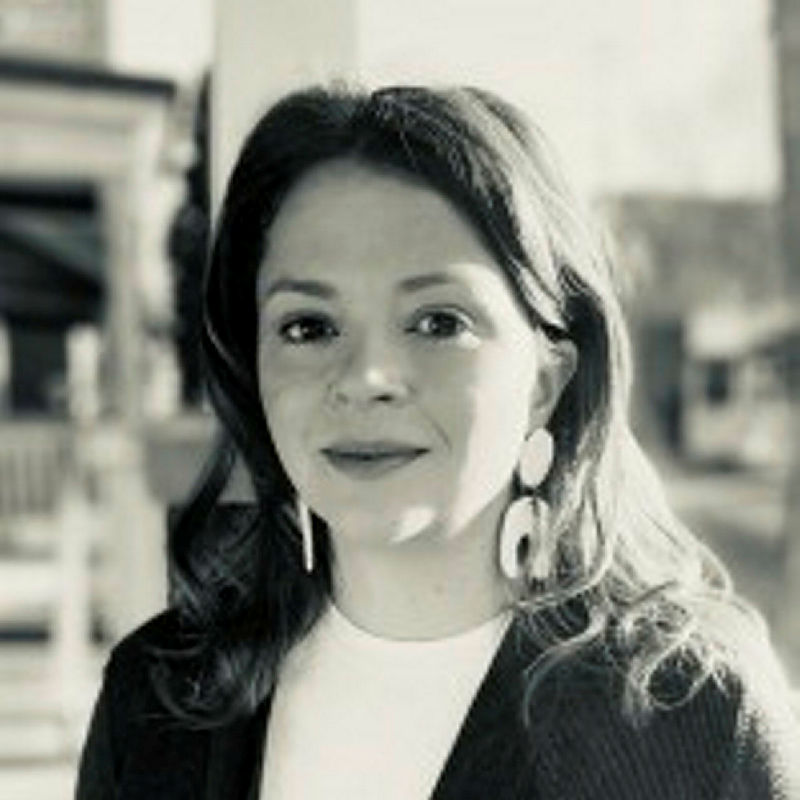
Laurence Deschamps-Laporte. Photograph courtesy of LinkedIn
He runs the Centre for International Studies at Université de Montréal (CÉRIUM). Mérand is one of the academics that is consulted by the government, a former official said. Rowswell said Mérand is “well positioned” with the current focus on Europe after the renewed Russian invasion of Ukraine.
Deschamps-Laporte is also at CÉRIUM. A former chief of staff to Champagne when he was foreign affairs minister, she also was policy director for Freeland in the foreign minister’s office. Rowswell said “one of the most exciting” developments in foreign policy circles in French Canada is having Deschamps-Laporte in academia. “She’s got this voice that is informed by government and now is free to speak—and a serious academic in her own right—I think she’s really turning heads,” he said.
Thomas Juneau, academic
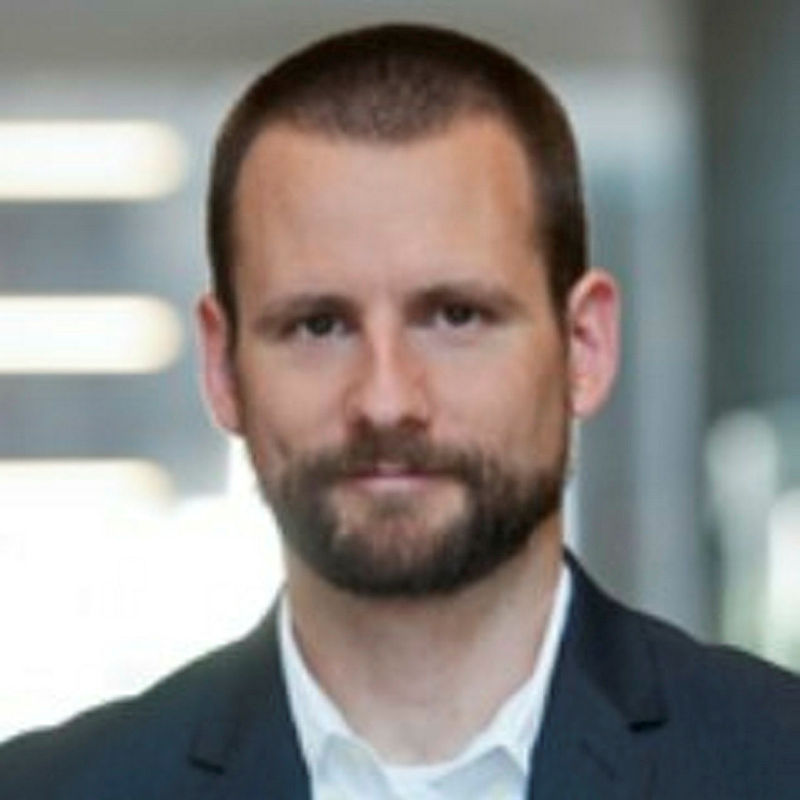
Thomas Juneau. Photograph courtesy of Twitter
With a focus on Iran and the Middle East, Juneau is a frequent media commentator, who has the insight as an academic as well as a former analyst at DND. A former official said being positioned at the University of Ottawa makes him easily reachable for the government.
He also has written about the Canadian intelligence community, and was the government co-chair of the National Security Transparency Advisory Group.
Robert Fife/Steven Chase,
Globe and Mail reporters
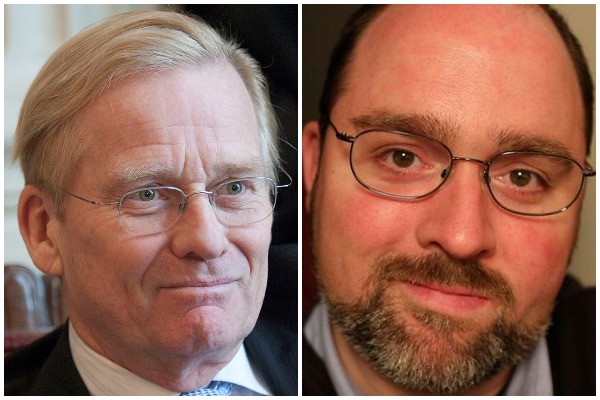
Robert Fife and Steven Chase. The Hill Times file photograph and photograph courtesy of Twitter
Two of the most recognizable names in the Parliamentary Press Gallery, the pair often team up to cover Canadian foreign policy.
They have reported extensively on the changing relationship Canada has with China, as well as the ongoing review of Huawei in Canada, and the firing of two scientists from the National Microbiology Laboratory. Their reports are must-reads for all in foreign policy circles.
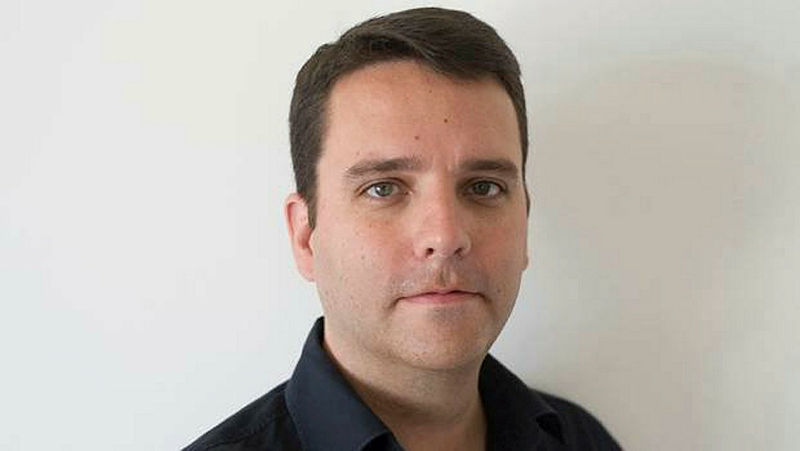
Mark MacKinnon. Photograph courtesy of Facebook
Mark MacKinnon, Globe and Mail international correspondent
A former Moscow bureau chief for the Globe and Mail, MacKinnon has been reporting from on the ground in Kyiv as Russian forces approach the Ukrainian capital.
His reporting on Afghanistan and the Syrian civil war has also been important reads. He has also been a correspondent for the paper in Beijing, where he spent five years.
Alex Panetta/Katie Simpson, CBC reporters
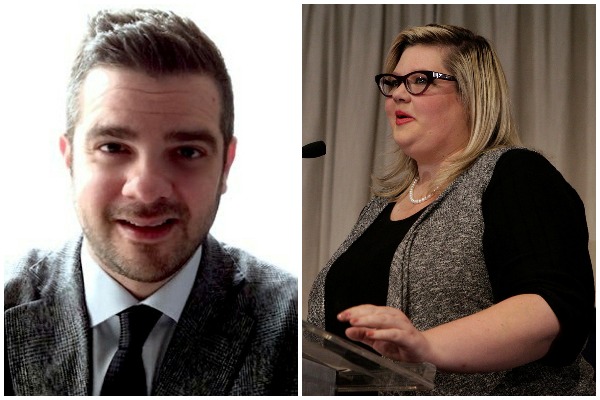
Alex Panetta and Katie Simpson. Photograph courtesy of Twitter and The Hill Times file photograph
Reporting for a Canadian audience from Washington, D.C., Panetta and Simpson have covered the trade wars of the Trump White House and to the transition to Canada’s imperfect relationship with the Biden White House.
Panetta writes deep dives on Canada-U.S. relations, which one source joked read more like theses.
Honourable mentions
- Bill Blair, emergency preparedness minister
- Sean Fraser, immigration minister
- Robert Oliphant, parliamentary secretary to the foreign affairs minister
- Jonathan Fried, former diplomat
- Louise Blais, former diplomat
- Colin Robertson, former diplomat
- Roland Paris, academic and former PMO foreign policy adviser
- Shelly Bruce, Communications Security Establishment chief
- Ratna Omidvar, Independent Senator
- Goldy Hyder, Business Council of Canada president
nmoss@hilltimes.com
The Hill Times
The top 50 influencing Canadian foreign policy
Politicians
- Justin Trudeau, prime minister
- Chrystia Freeland, deputy prime minister and finance minister
- Mélanie Joly, foreign affairs minister
- Anita Anand, defence minister
- Mary Ng, international trade minister
- Marco Mendicino, public safety minister
- François-Philippe Champagne, innovation, science, and industry minister
- Omar Alghabra, transport minister
- Harjit Sajjan, international development minister
- Karina Gould, families, children, and social development minister
- Michael Chong, Conservative foreign affairs critic
- Hassan Yussuff, Independent Senator
Political staffers
- Katie Telford, PMO chief of staff
- Brian Clow, PMO deputy chief of staff
- Patrick Travers, PMO senior global affairs policy adviser
- Oz Jungic, PMO policy adviser
- Elise Wagner, PMO policy adviser for Canada-U.S. relations and issues management
- Jeremy Broadhurst, PMO senior adviser
- Sandra Aubé, chief of staff to the foreign affairs minister
- Chantal Gagnon, deputy chief of staff to the foreign affairs minister
- Jason Easton, chief of staff to the international trade minister
- Jillian White, policy director to the international trade minister
Civil Servants
- Dan Costello, foreign and defence policy adviser to the prime minister
- David Morrison, deputy minister for international trade and G7 sherpa
- Jody Thomas, national security and intelligence adviser to the prime minister
- Marta Morgan, deputy minister of foreign affairs
- Janice Charette, clerk of the Privy Council and secretary to the cabinet
- Bill Matthews, deputy minister of national defence
- Wayne Eyre, chief of the defence staff
- Steve Verheul, special adviser to the deputy minister of finance
- John Hannaford, deputy minister of natural resources
- David Vigneault, CSIS director
Diplomats
- Kirsten Hillman, ambassador to the United States
- Bob Rae, ambassador and permanent representative to the United Nations
- Ailish Campbell, ambassador to the European Union
- Ralph Goodale, high commissioner to the United Kingdom
- Larisa Galadza, ambassador to Ukraine
- Jacqueline O’Neill, ambassador for Women, Peace, and Security
- David Cohen, U.S. ambassador to Canada
- Susannah Goshko, U.K. high commissioner to Canada
- Sabine Sparwasser, German ambassador to Canada
Civil society and others
- Maryscott Greenwood, CEO of Canadian American Business Council
- Flavio Volpe, president of Automotive Parts Manufacturers Association
- Alexandra Chyczij/Ihor Michalchyshyn, president and CEO of the Ukrainian Canadian Congress
- Irwin Cotler, former Liberal cabinet minister and human rights advocate
- Frédéric Mérand/Laurence Deschamps-Laporte, academics
- Thomas Juneau, academic
- Robert Fife/Steven Chase, Globe and Mail reporters
- Mark MacKinnon, Globe and Mail international correspondent
- Alex Panetta/Katie Simpson, CBC reporters






 LICENSING
LICENSING PODCAST
PODCAST ALERTS
ALERTS